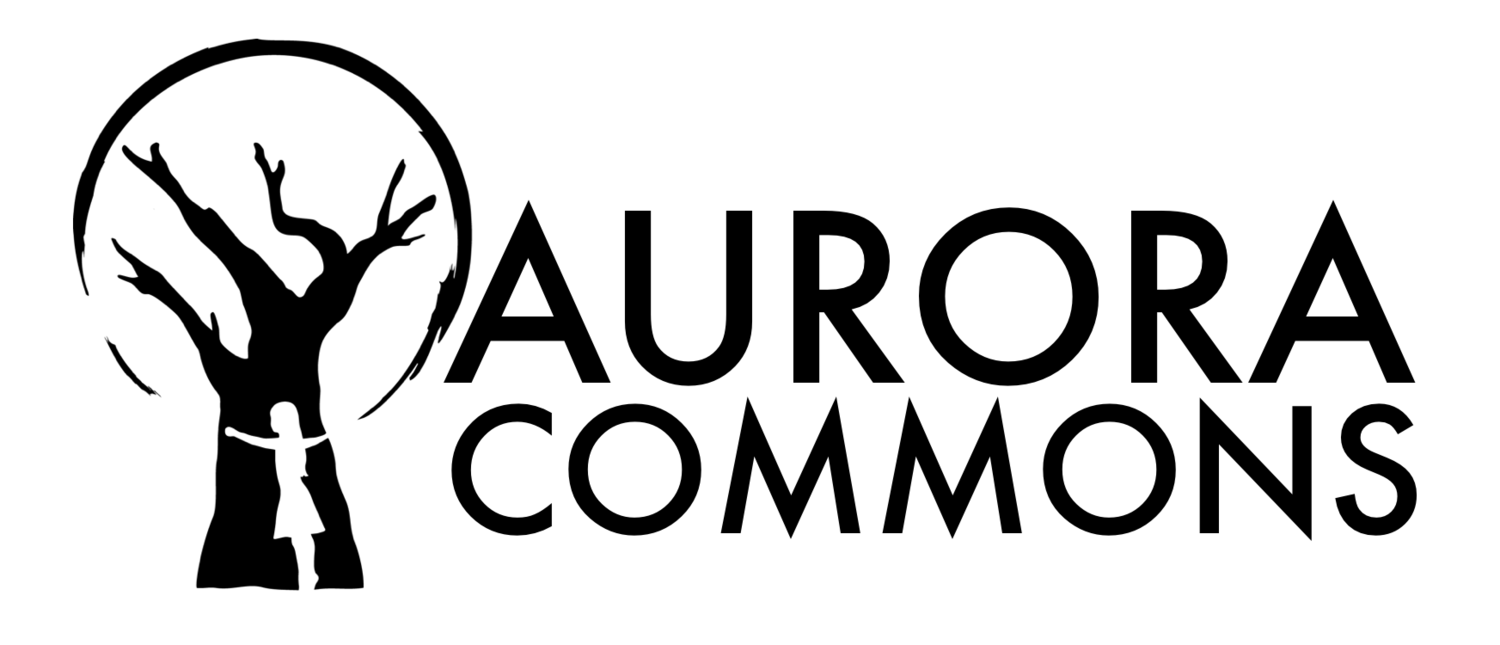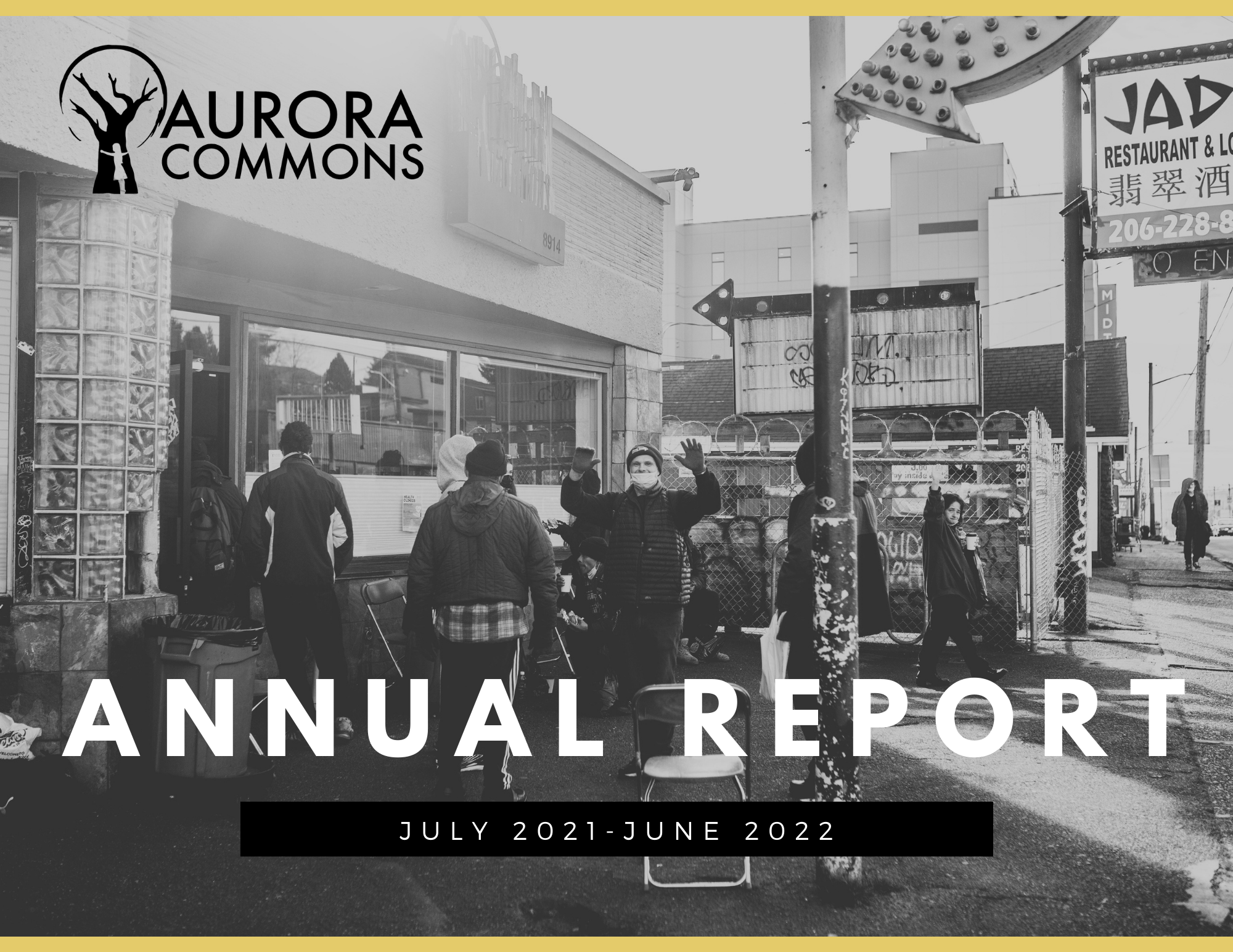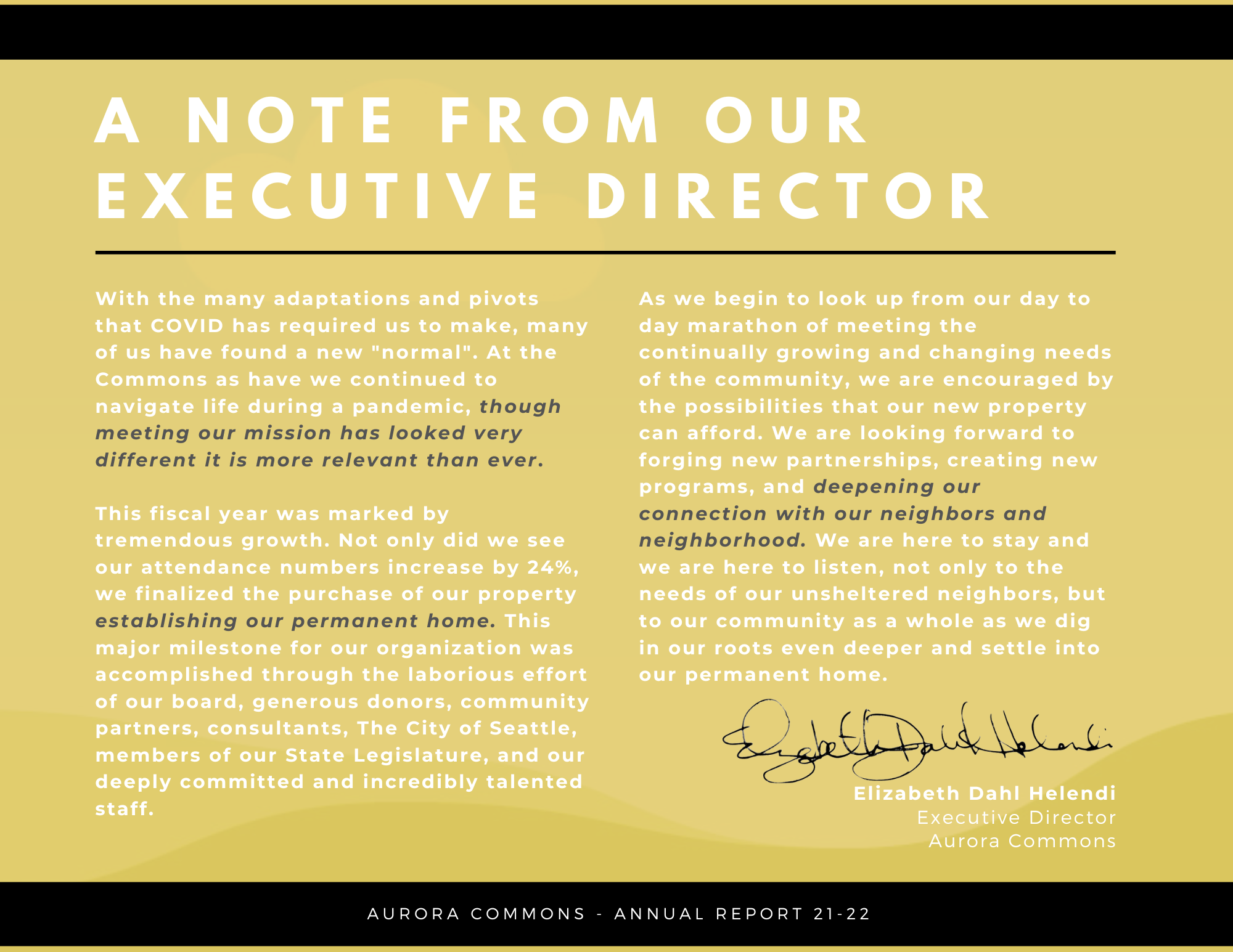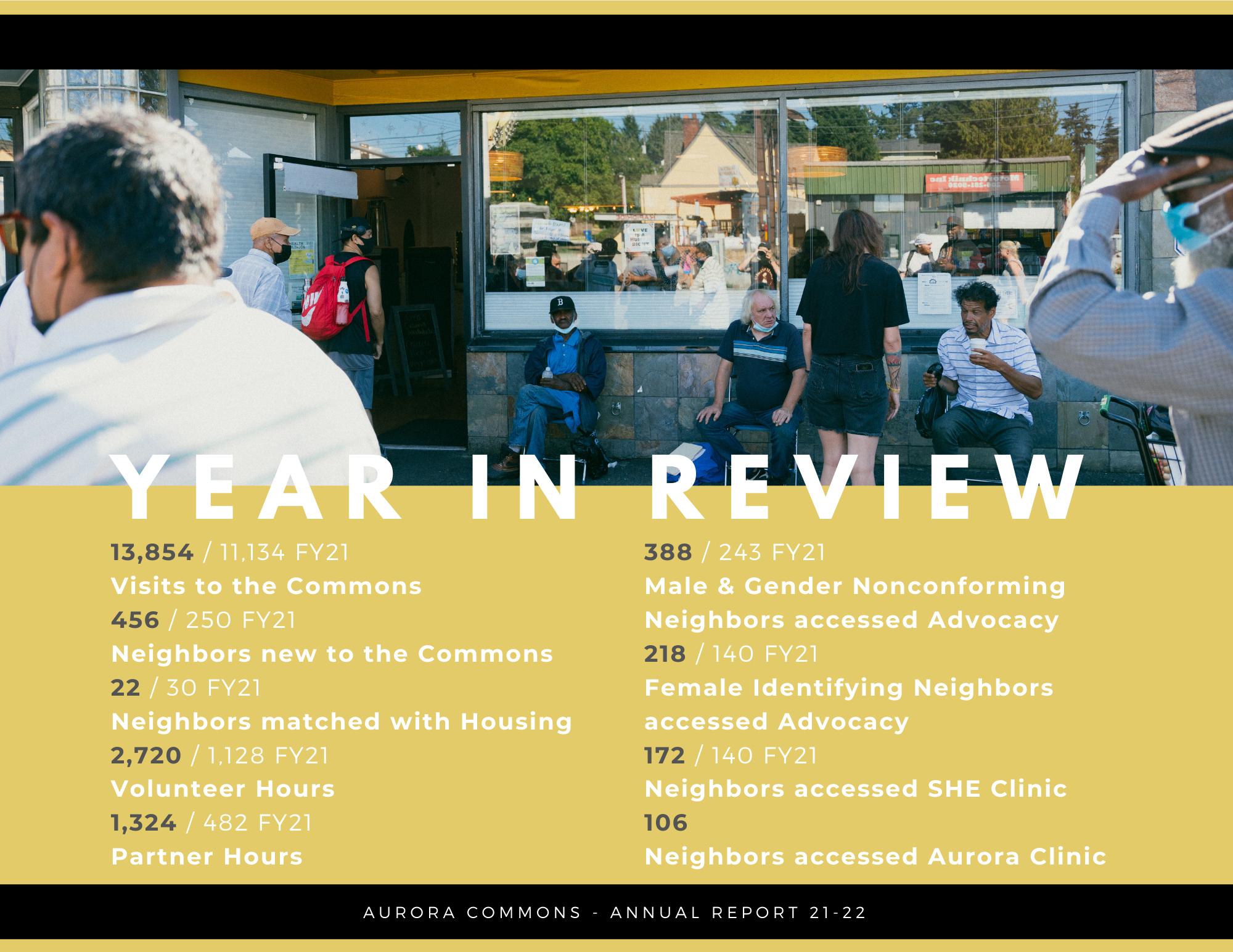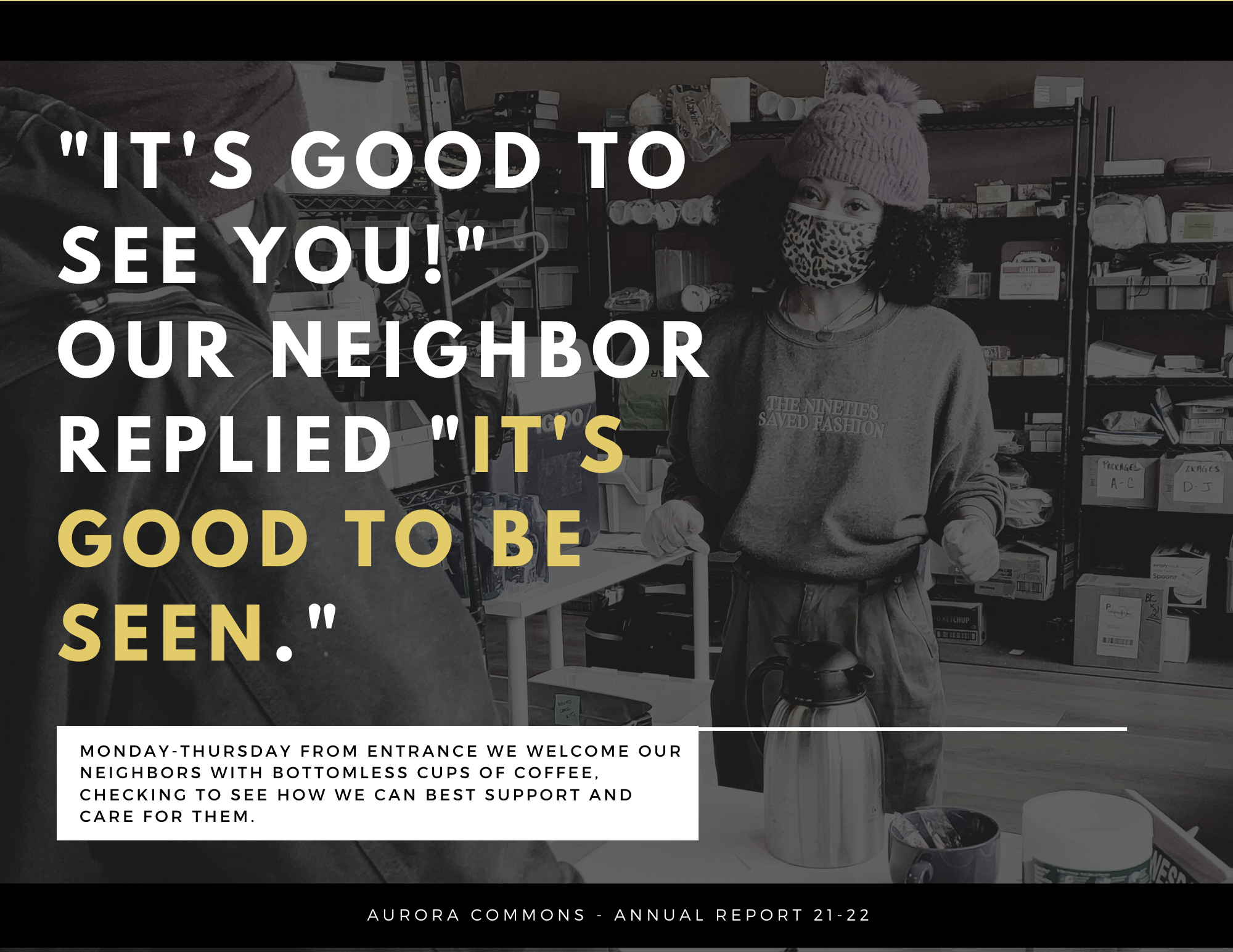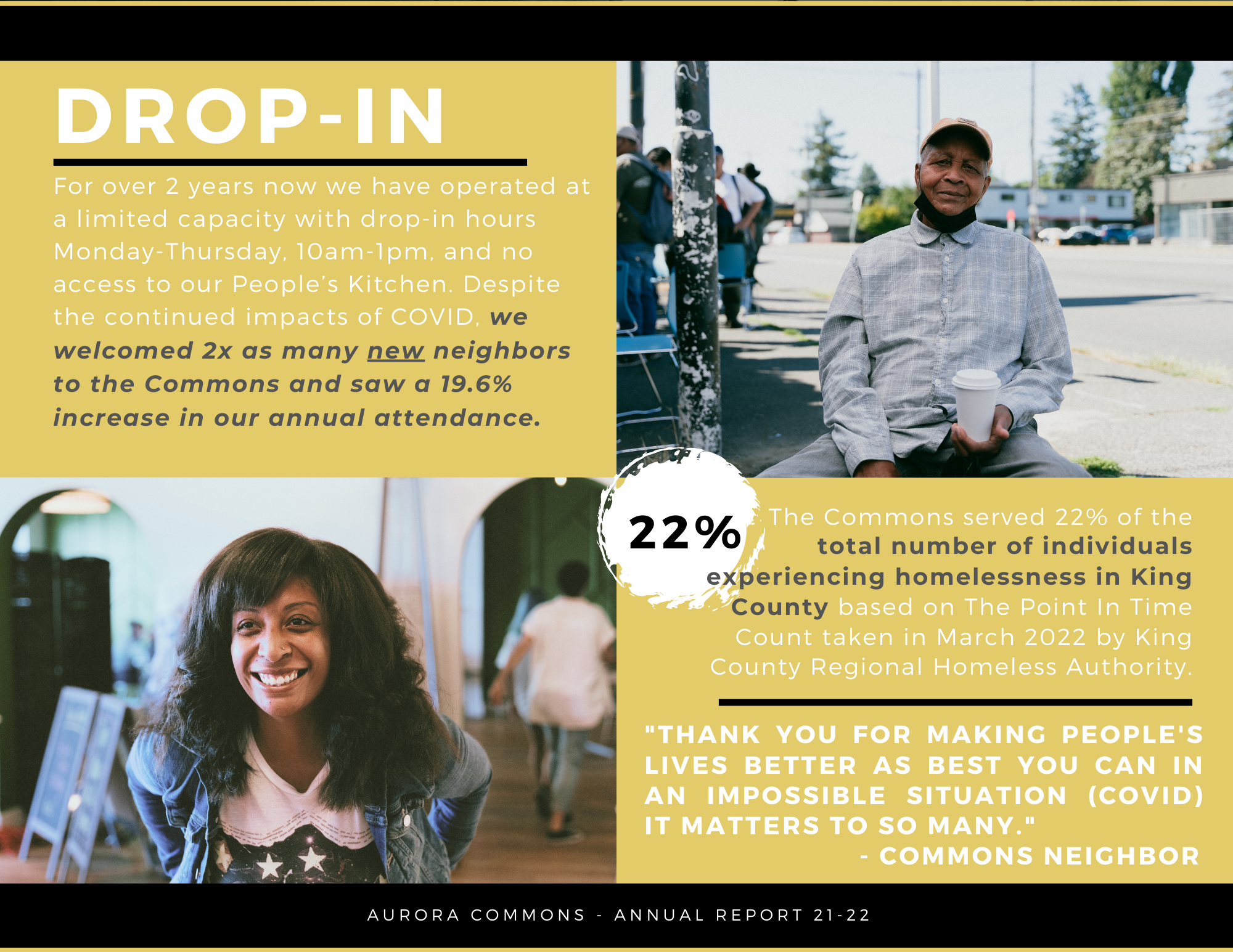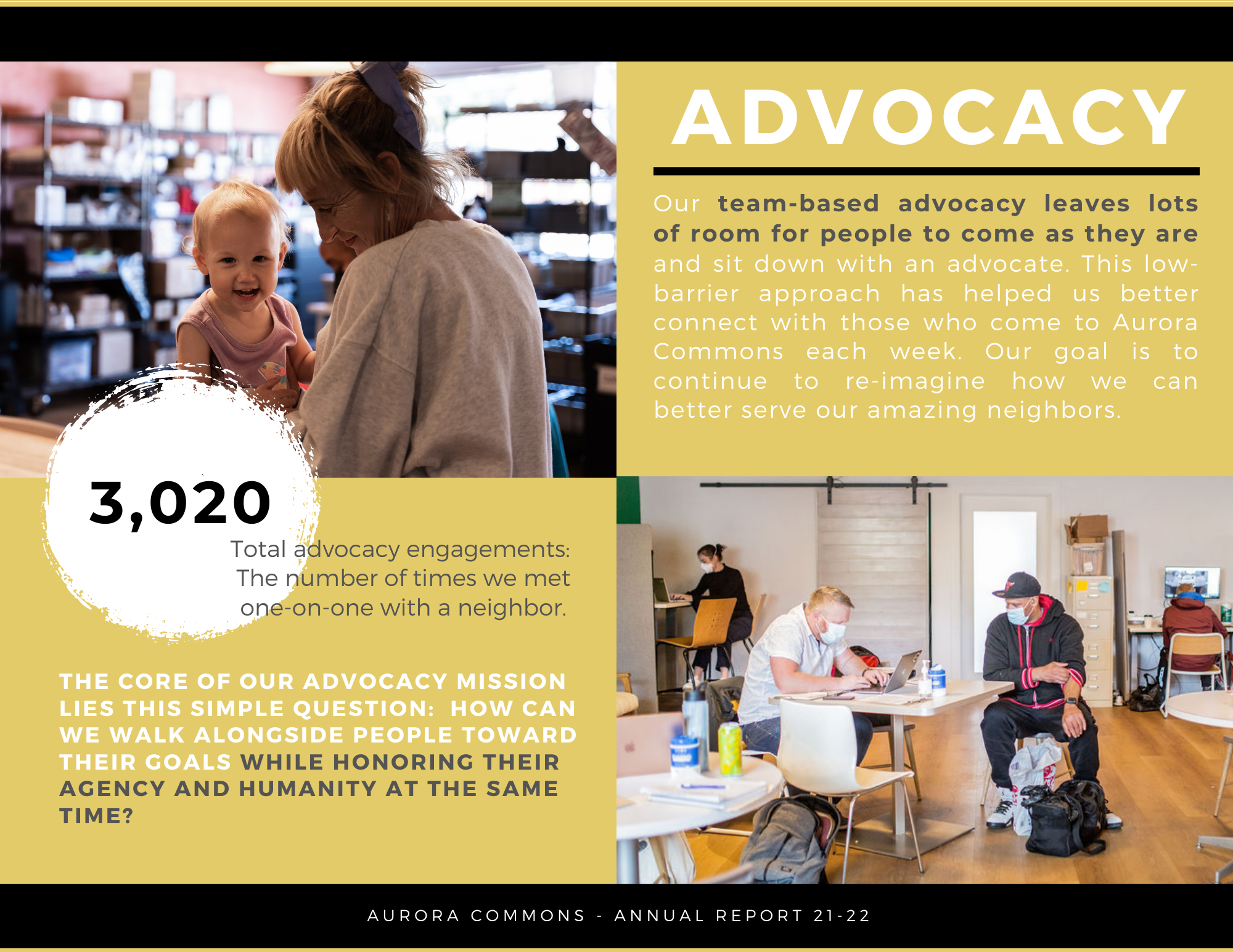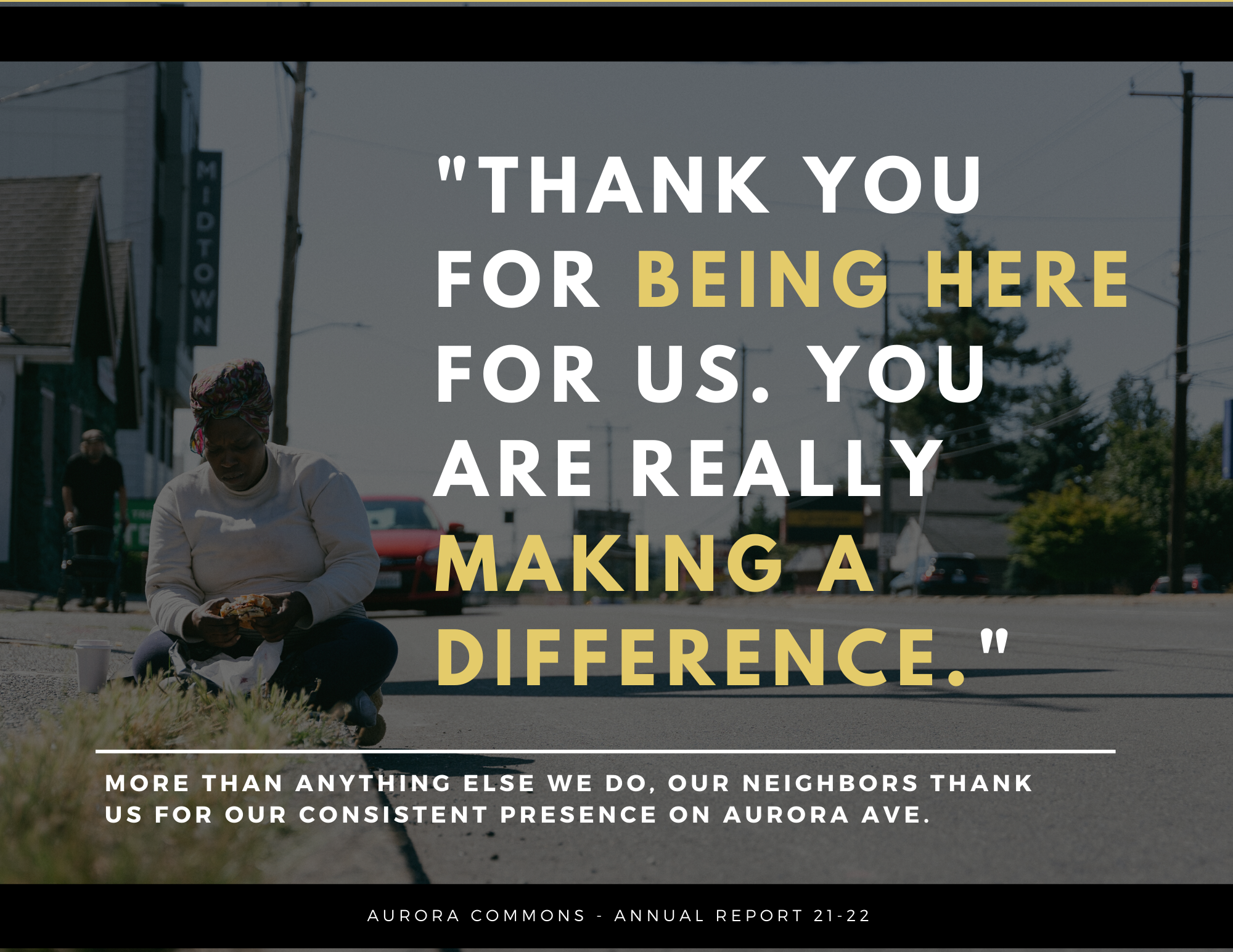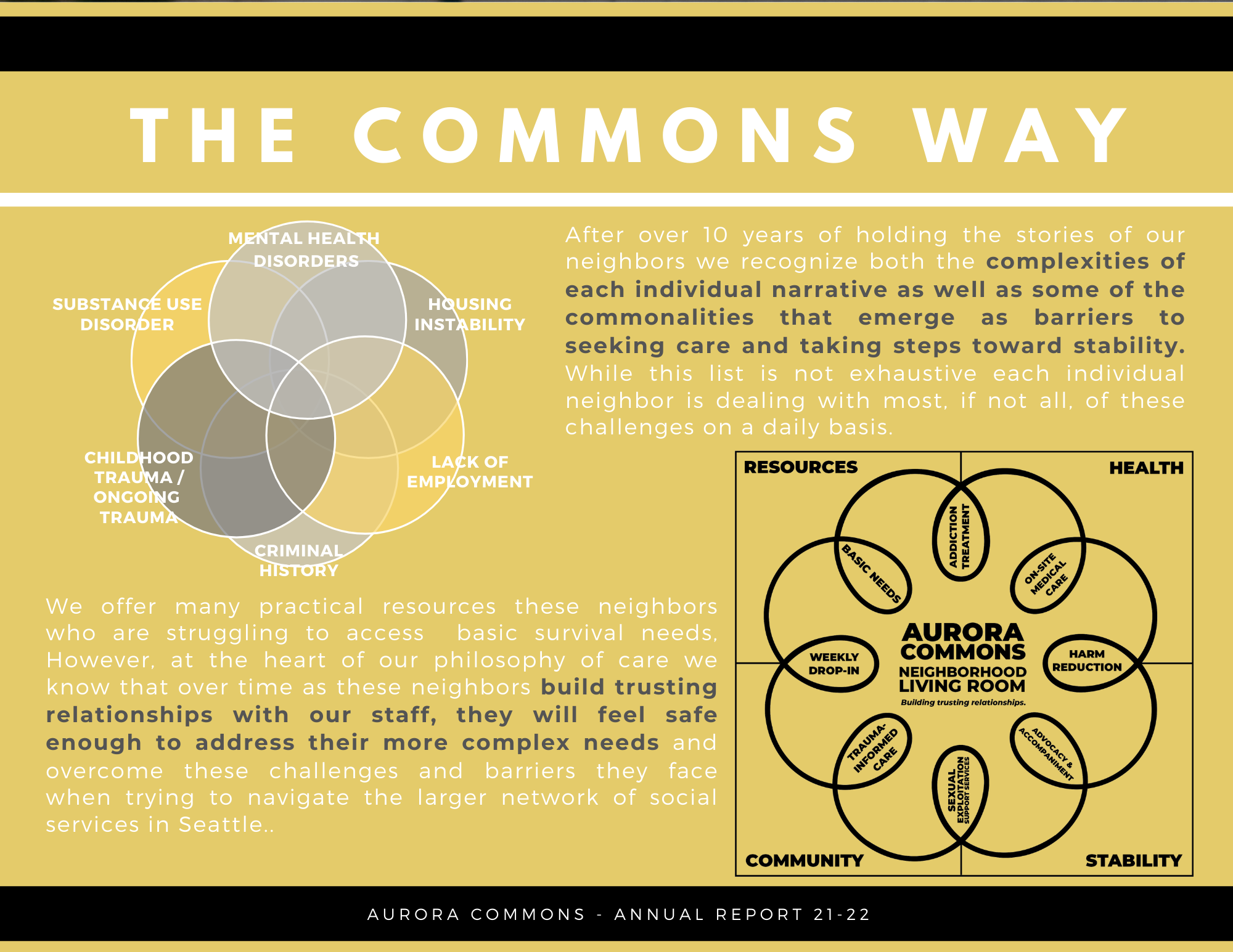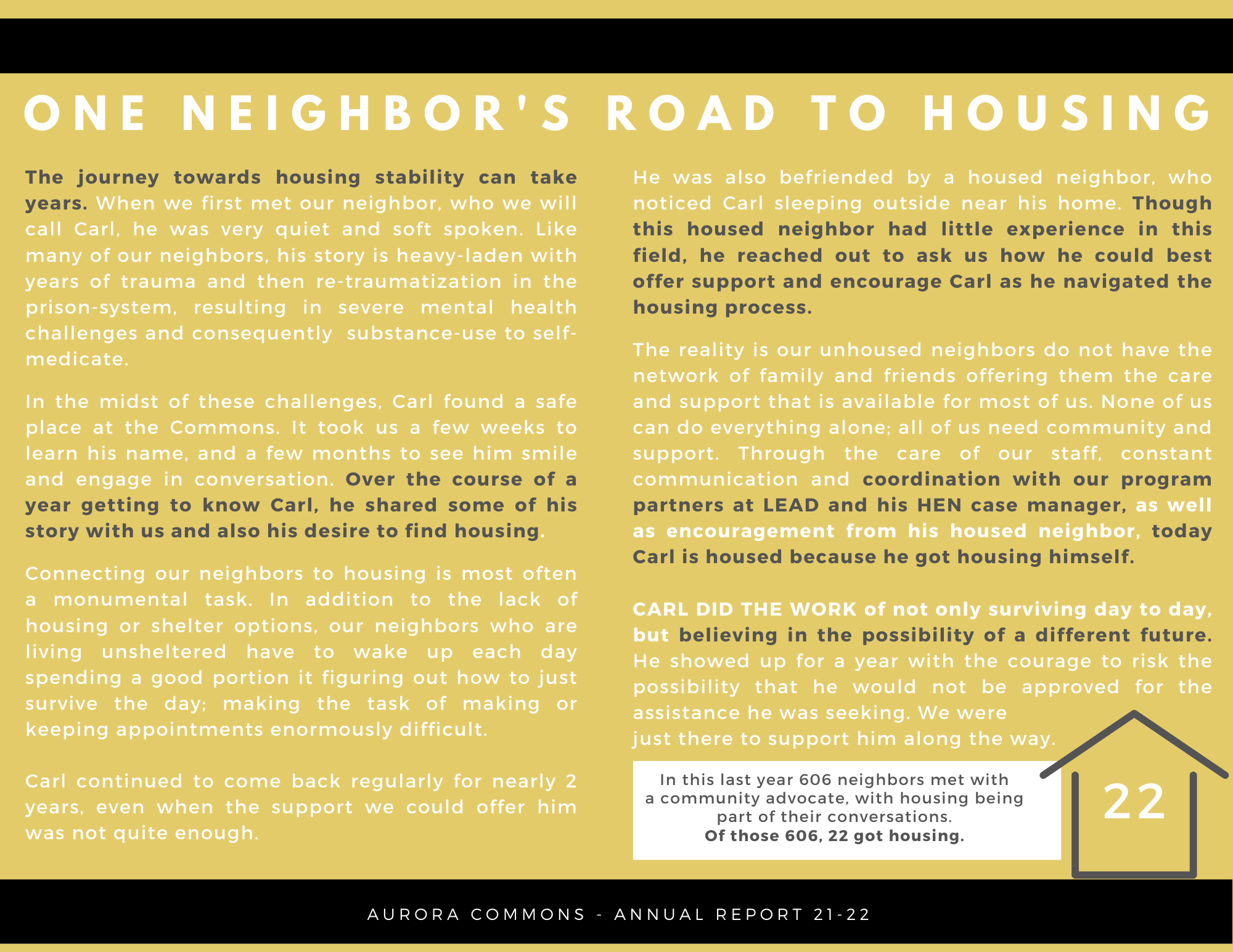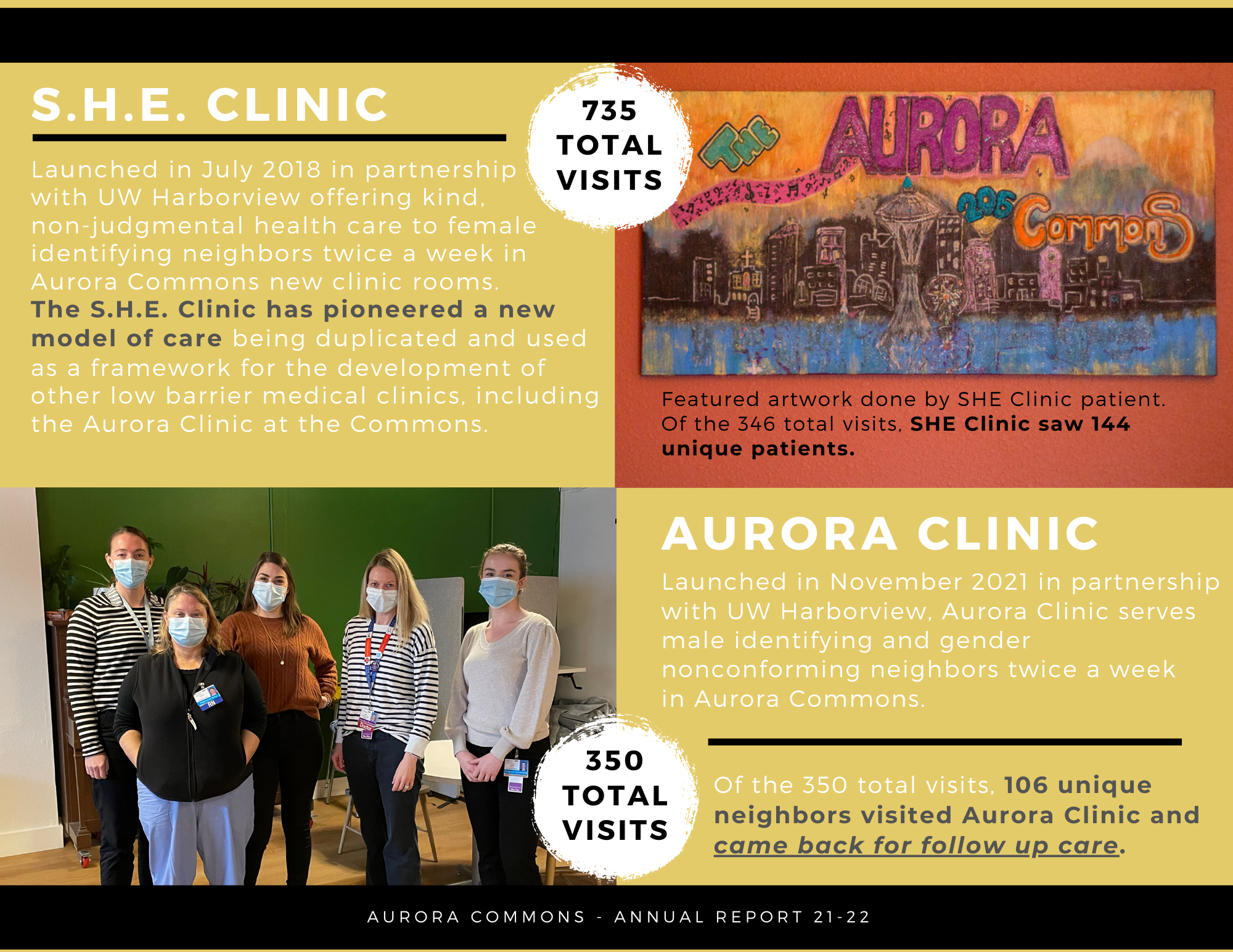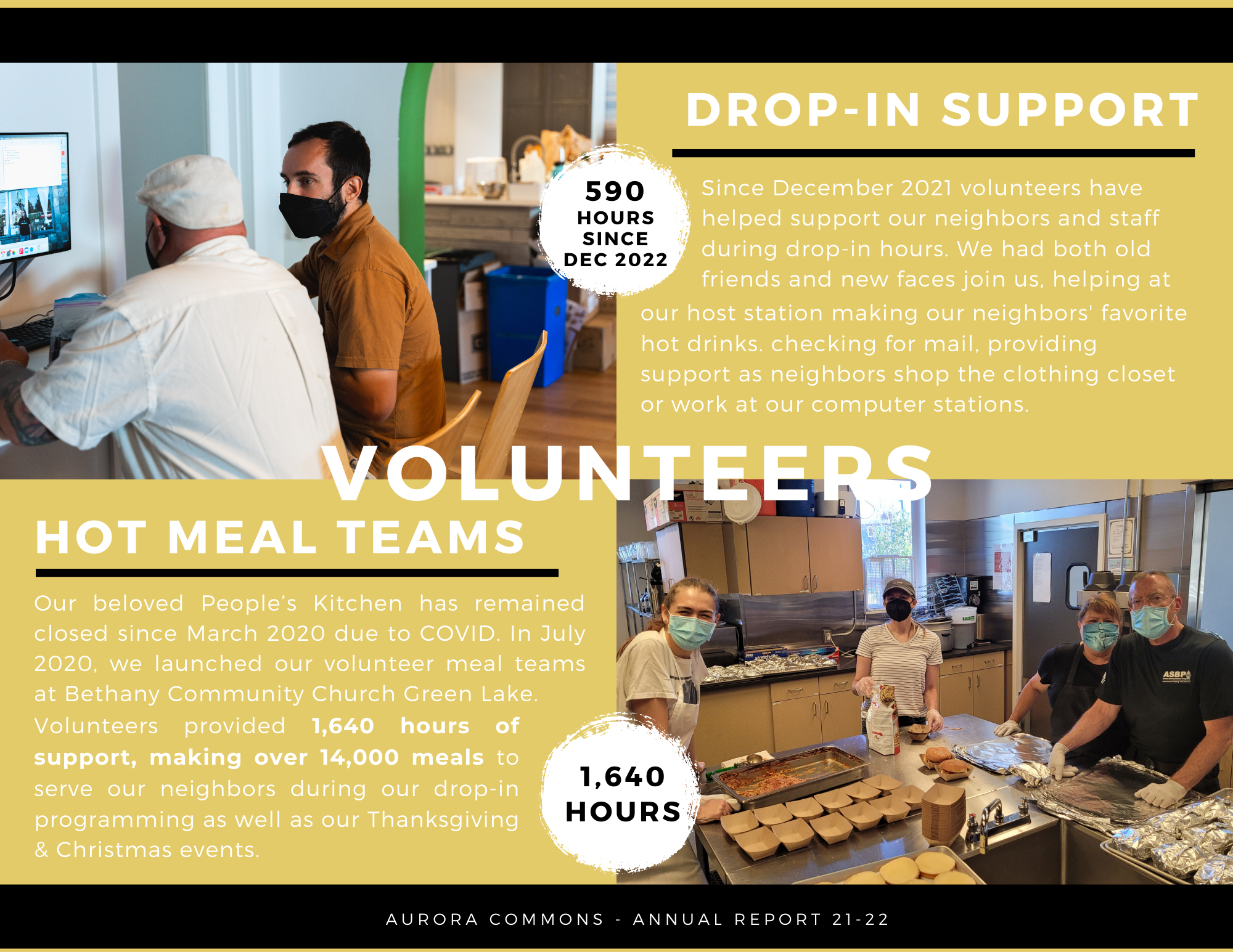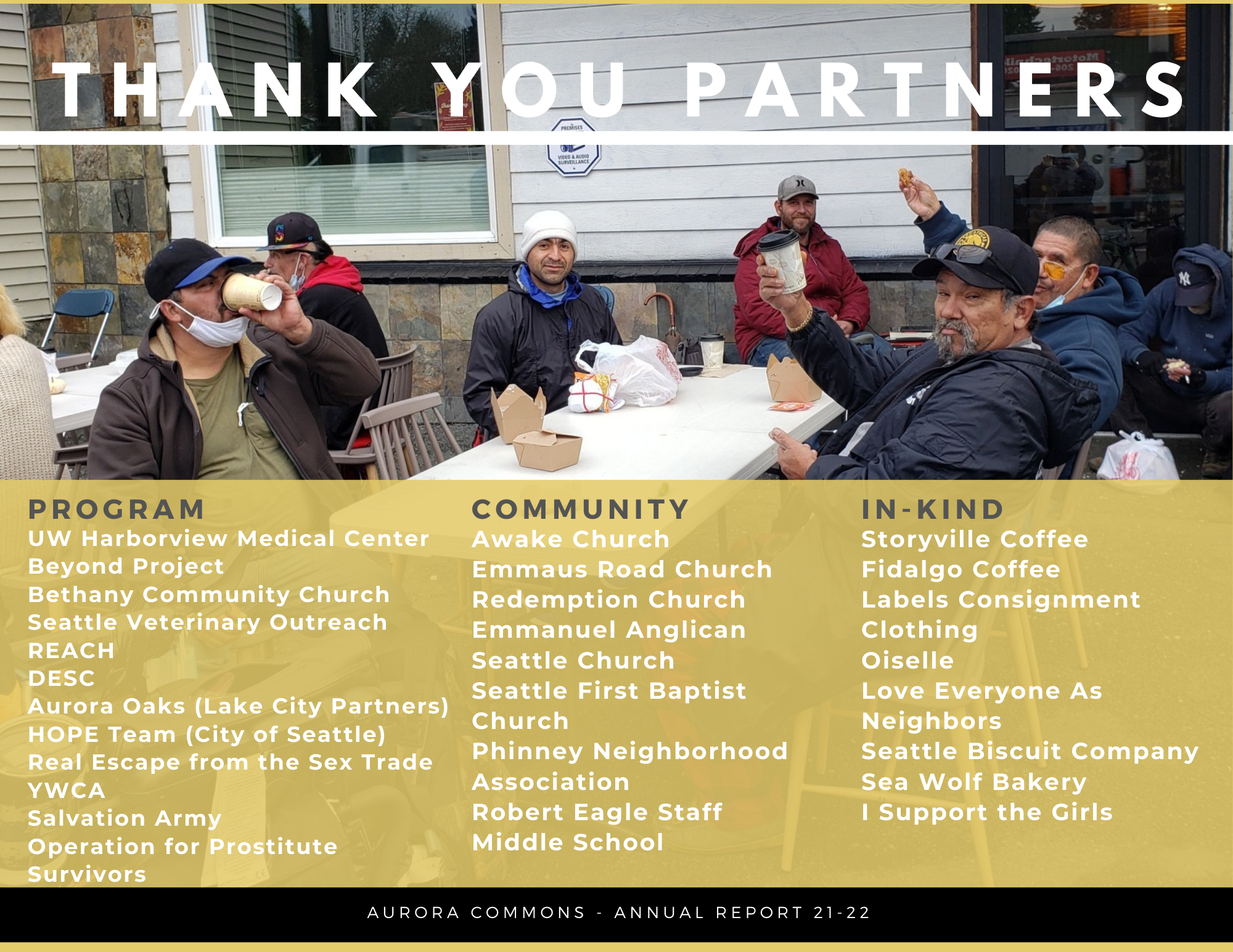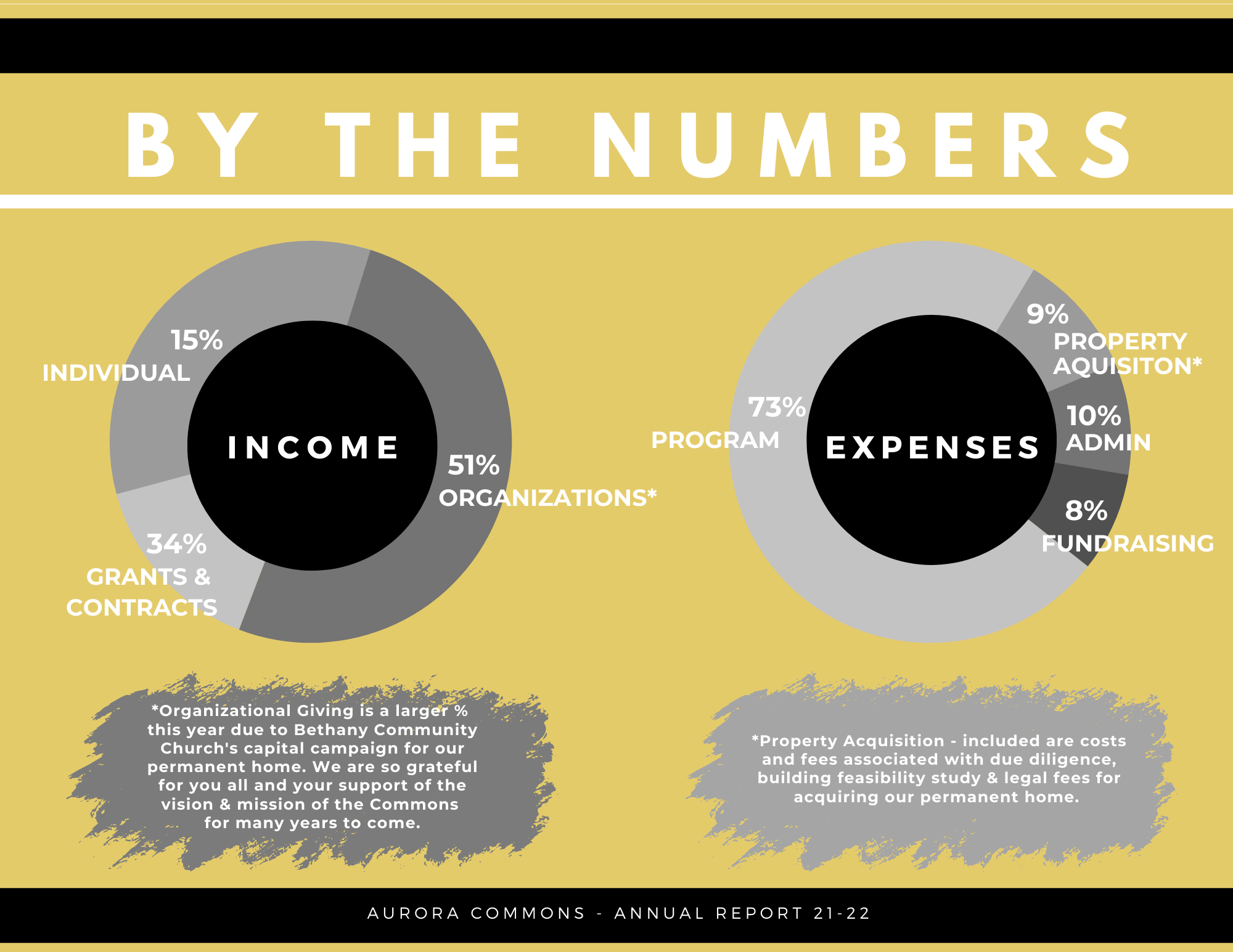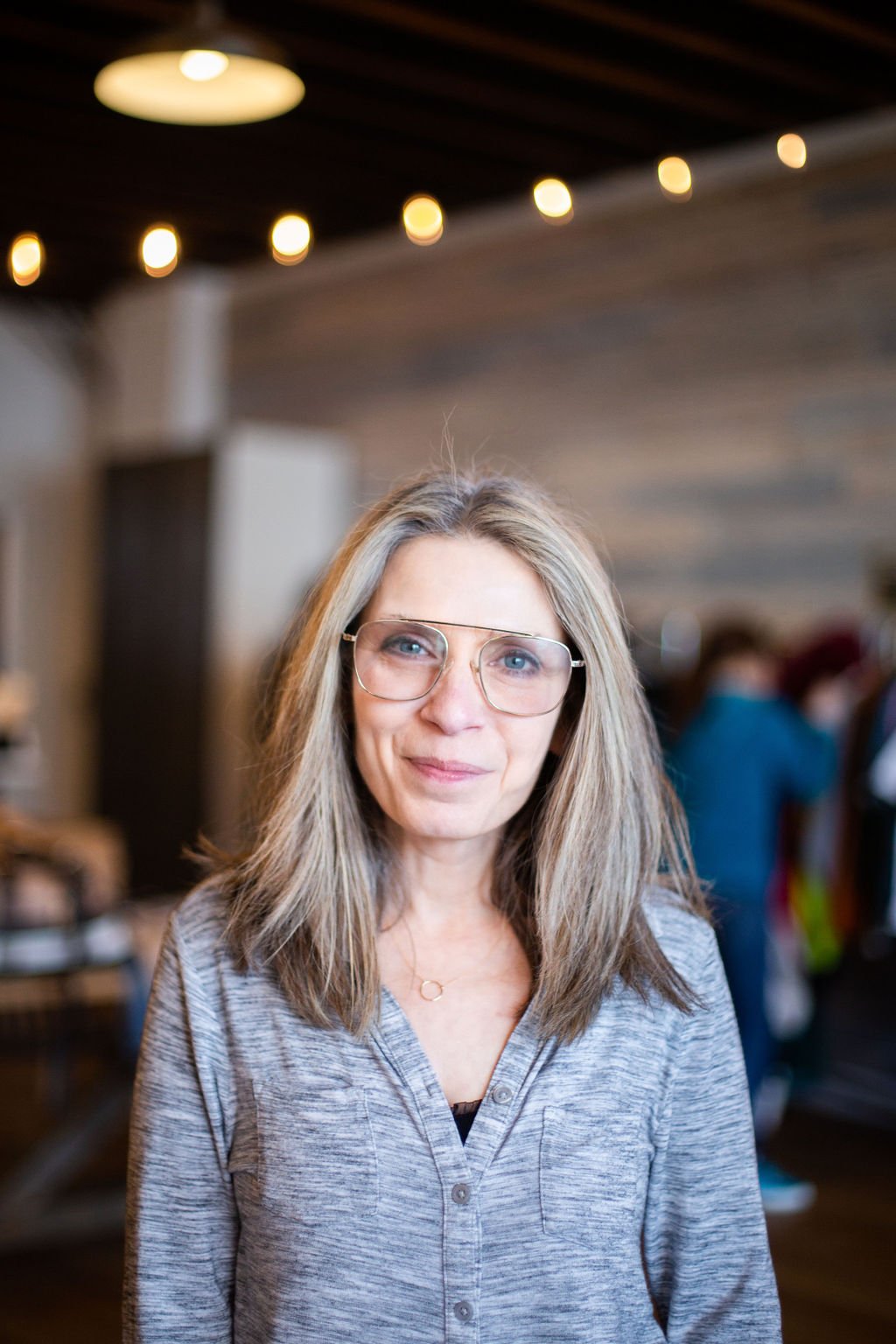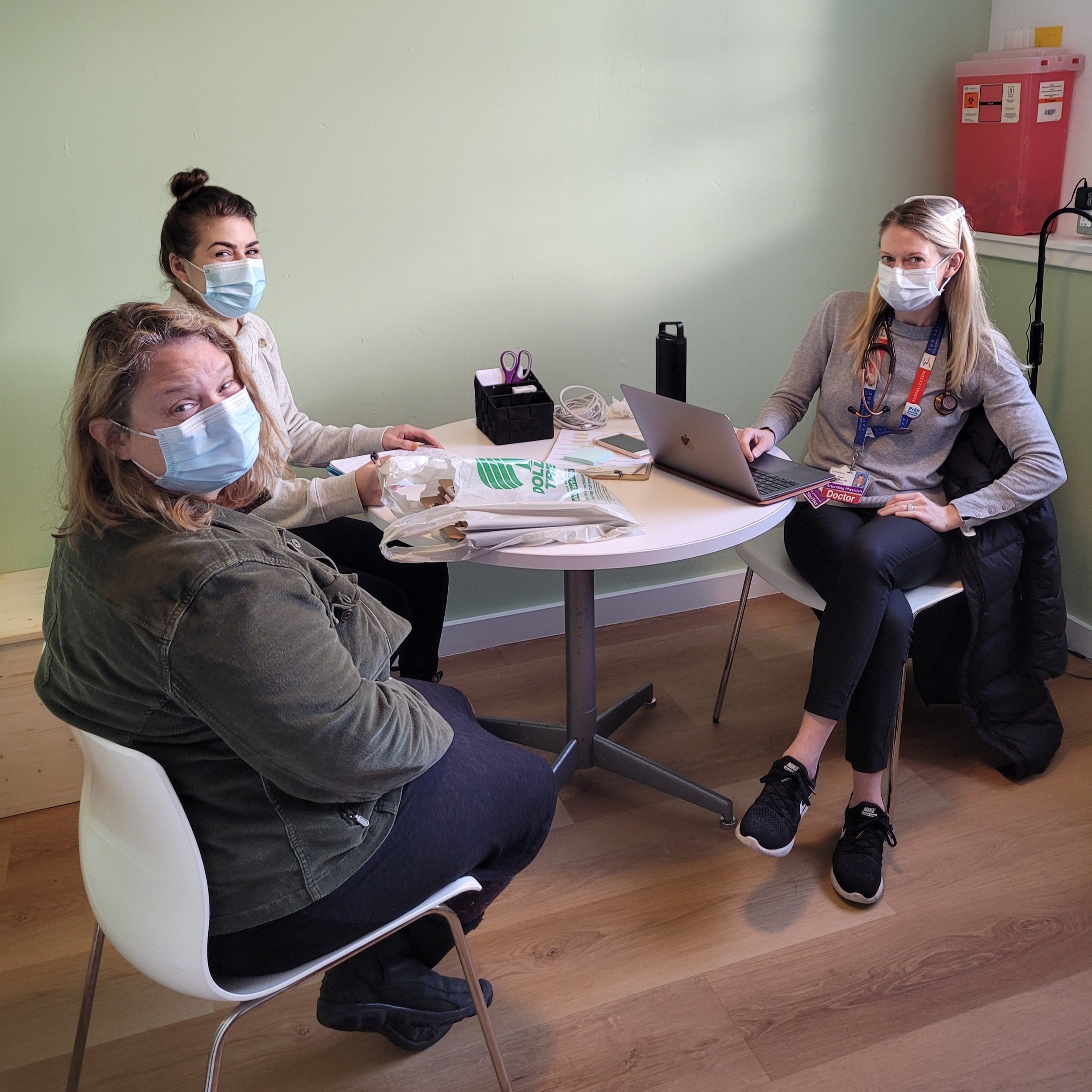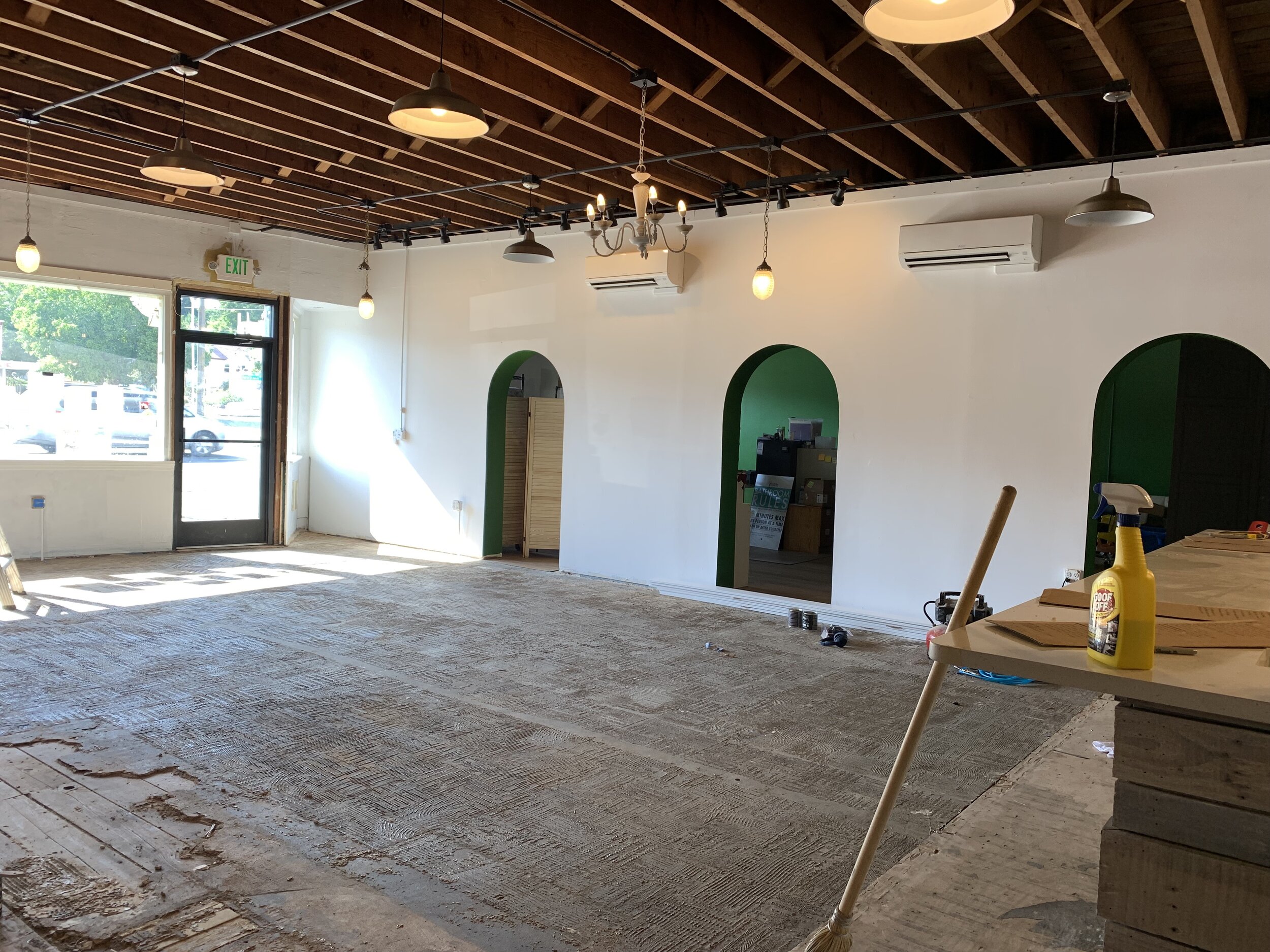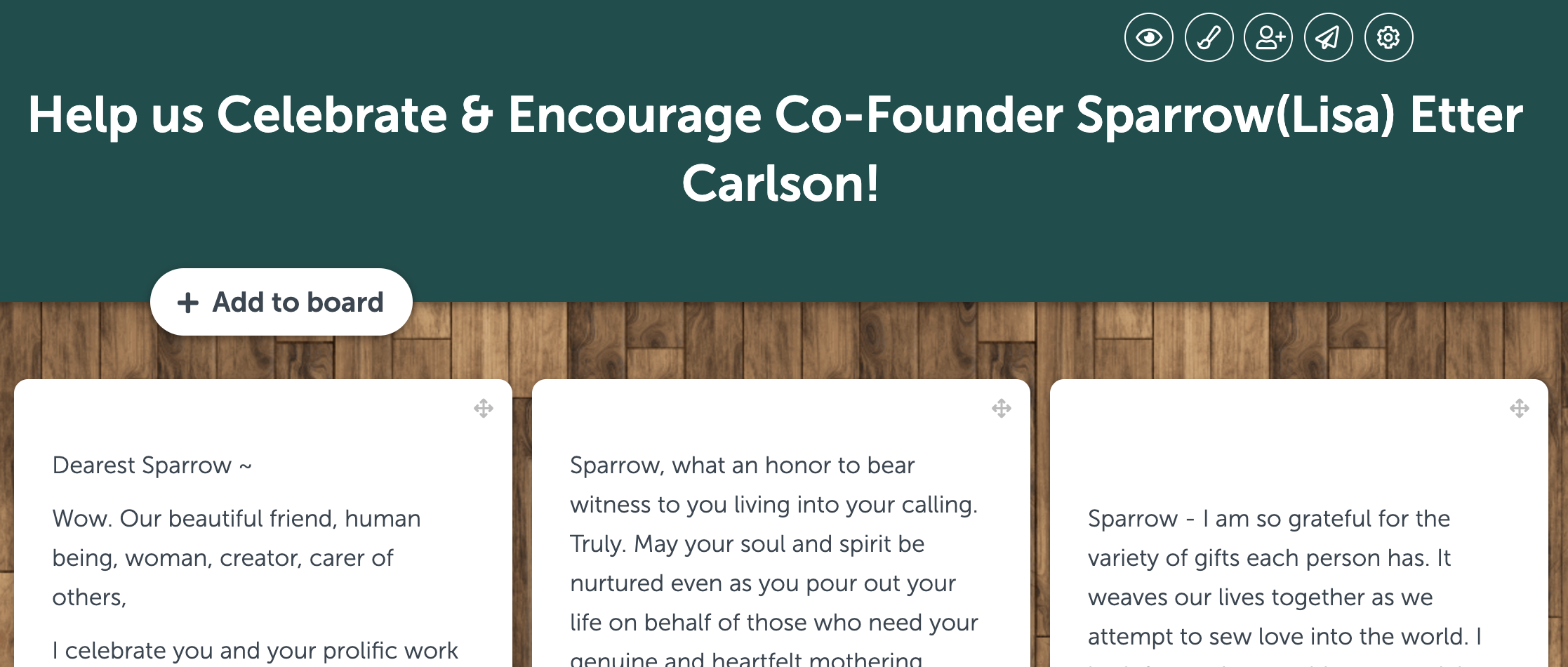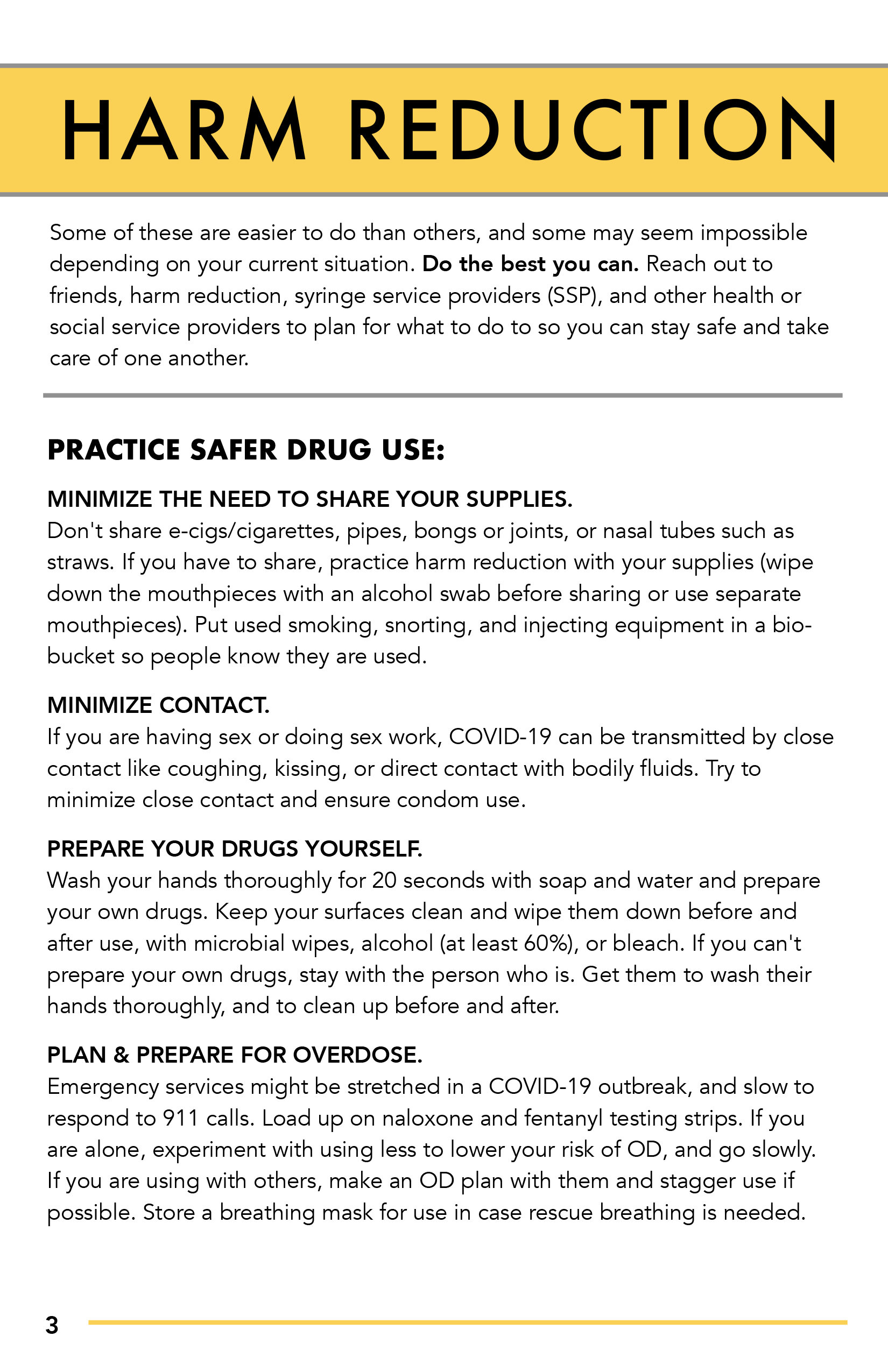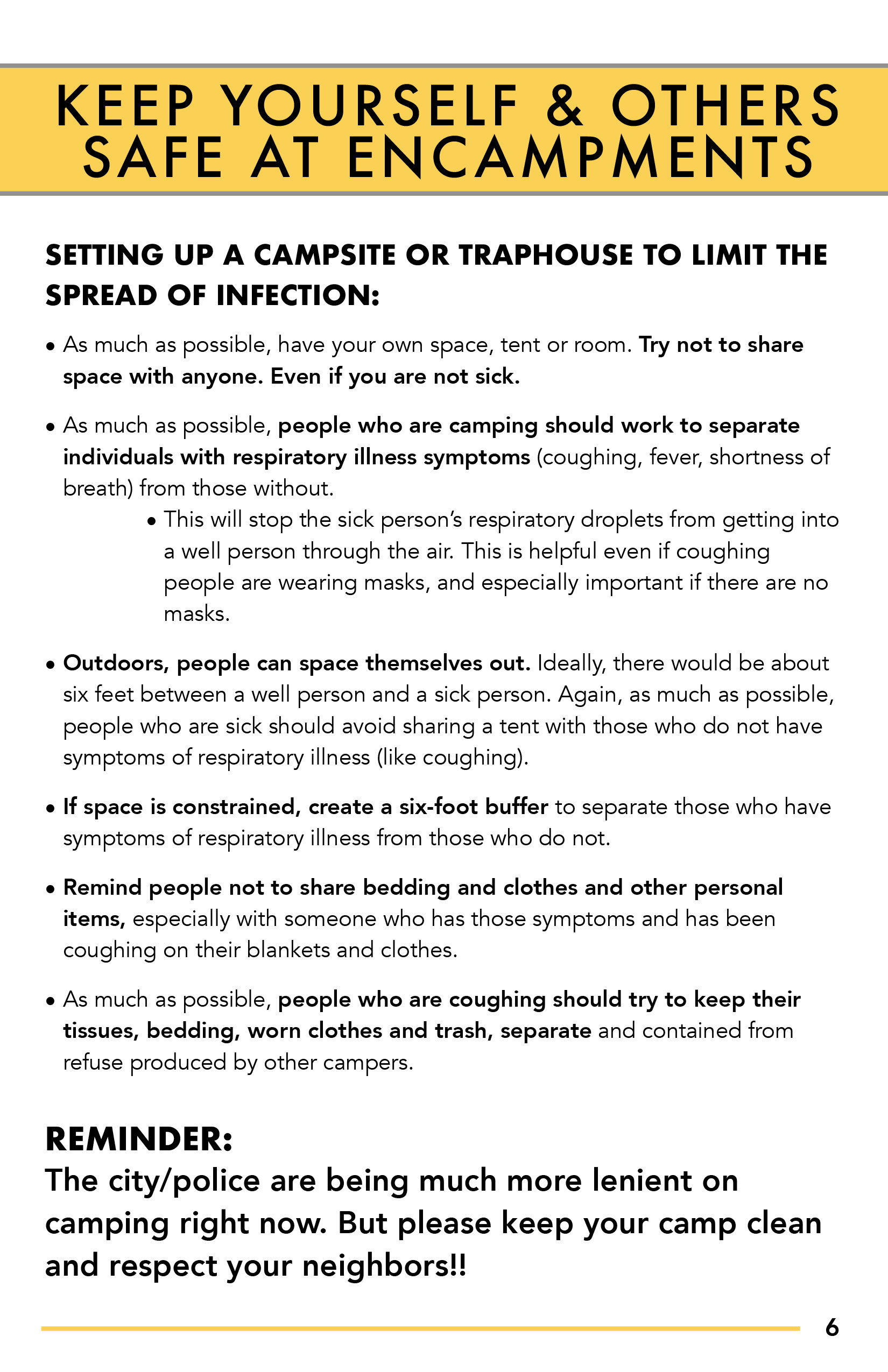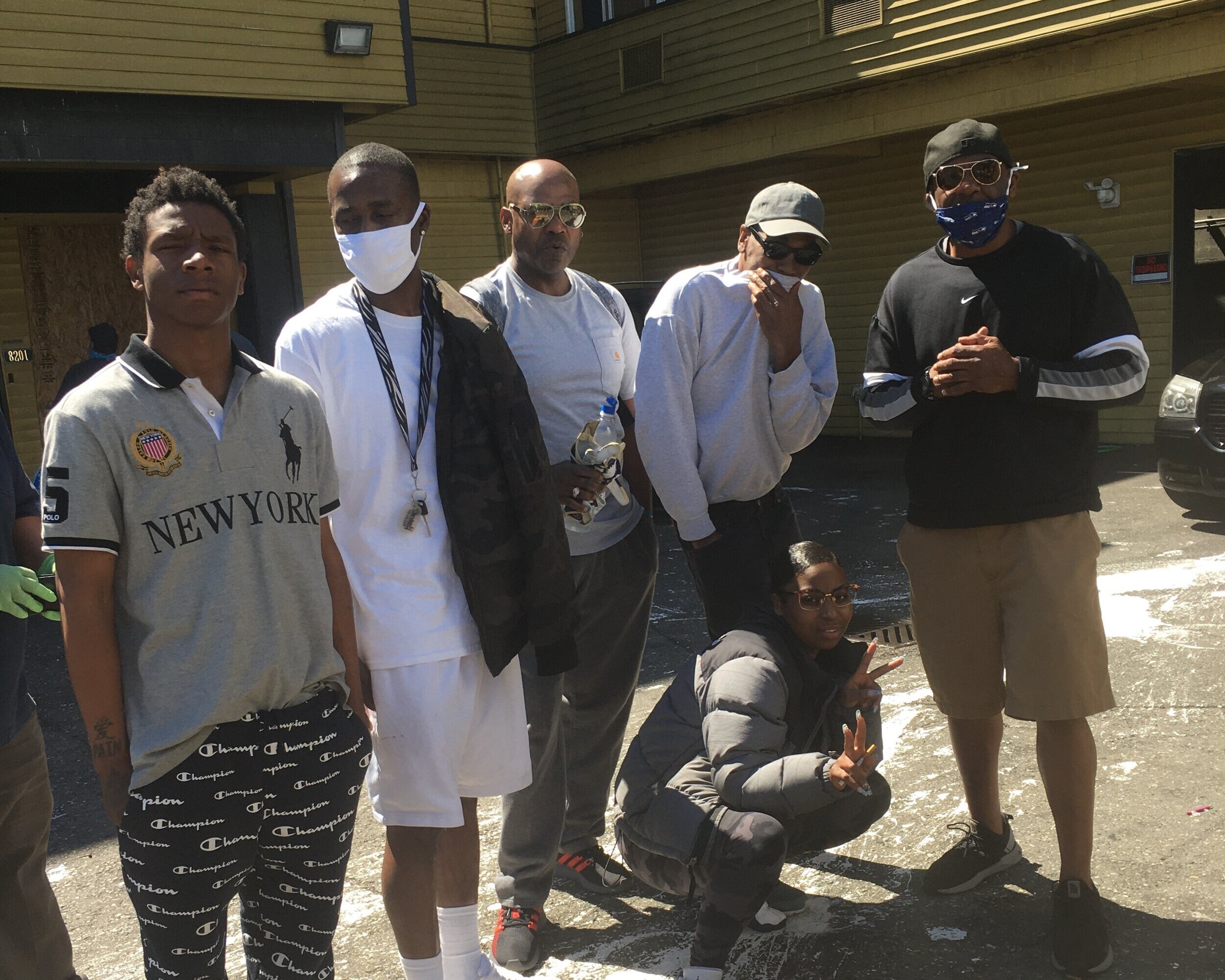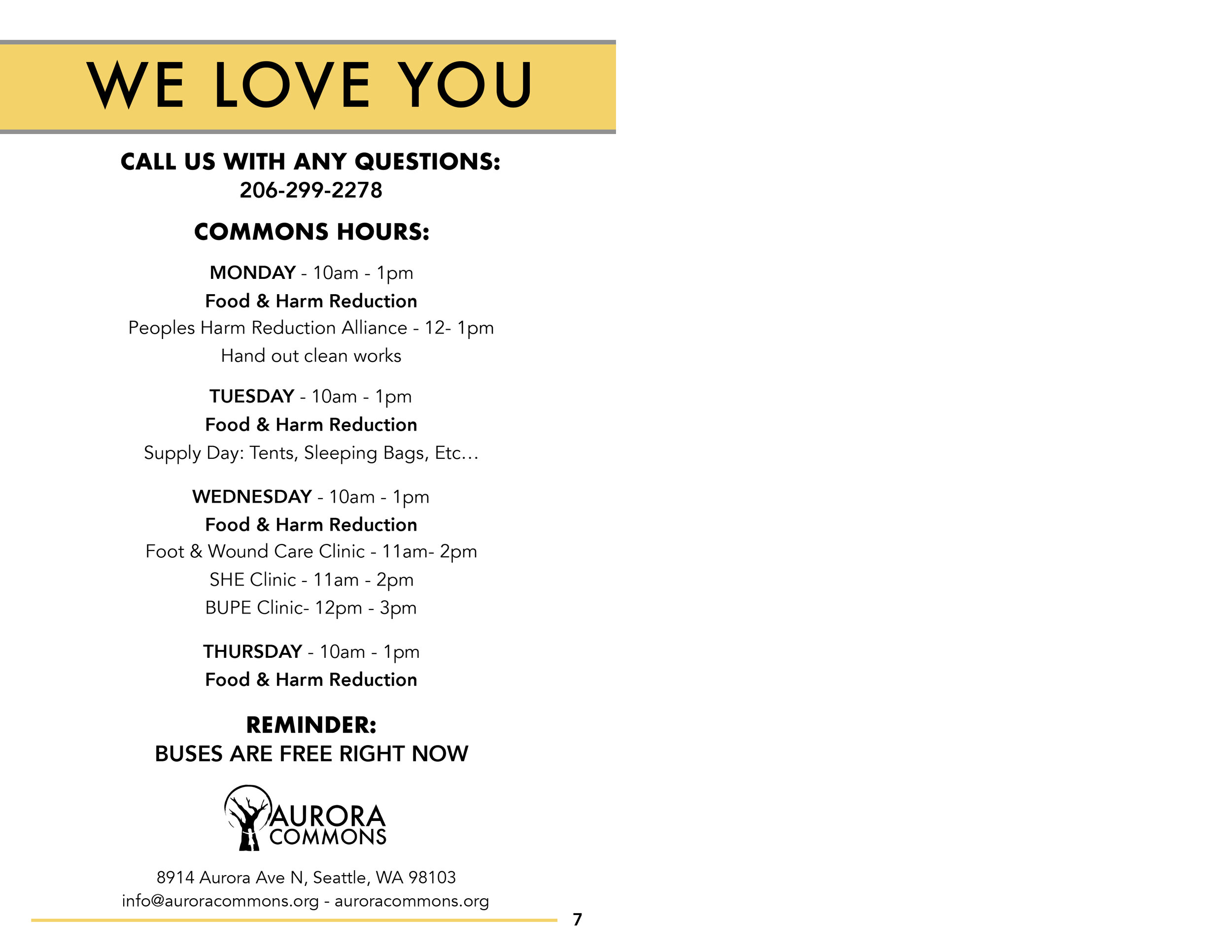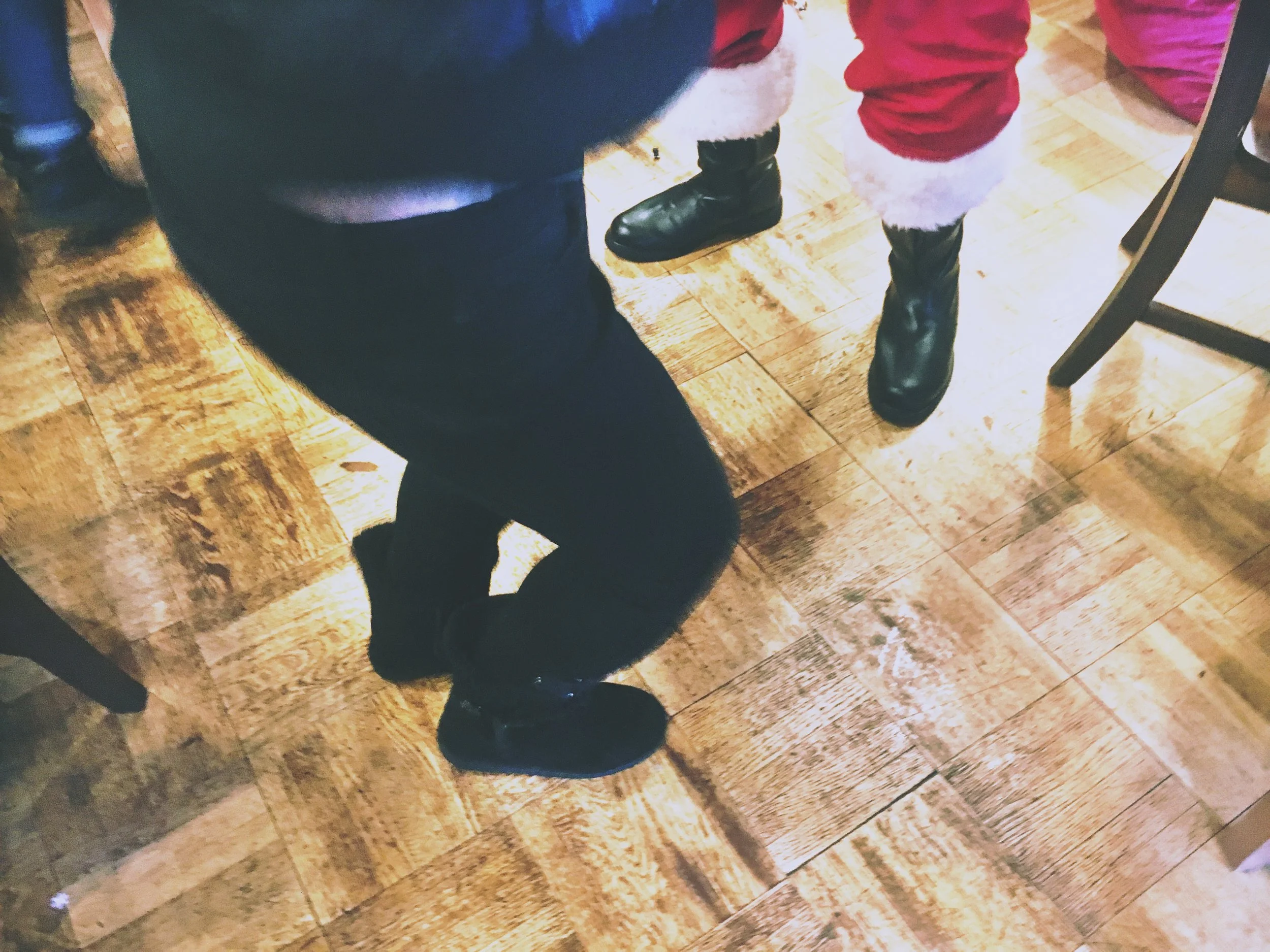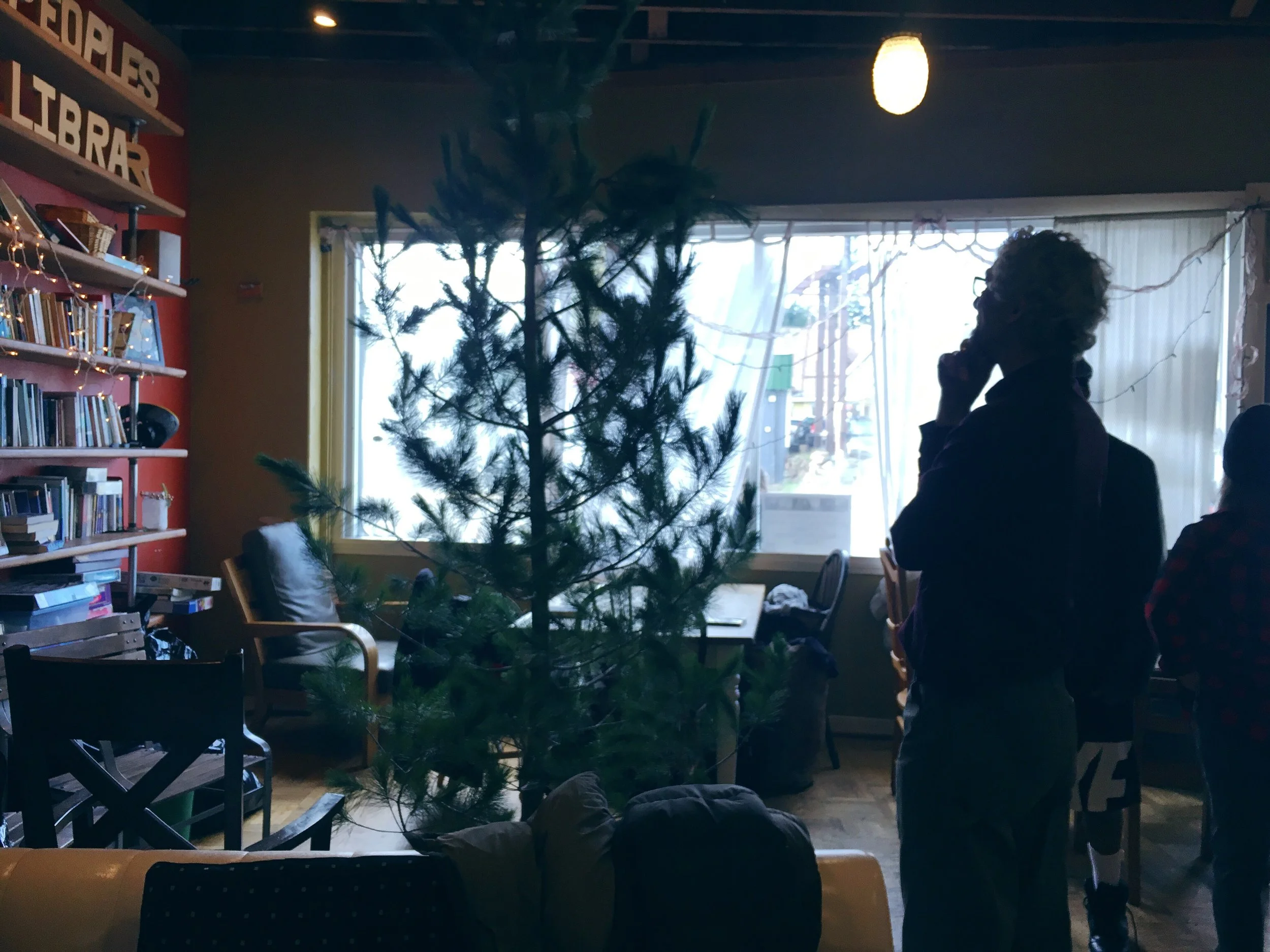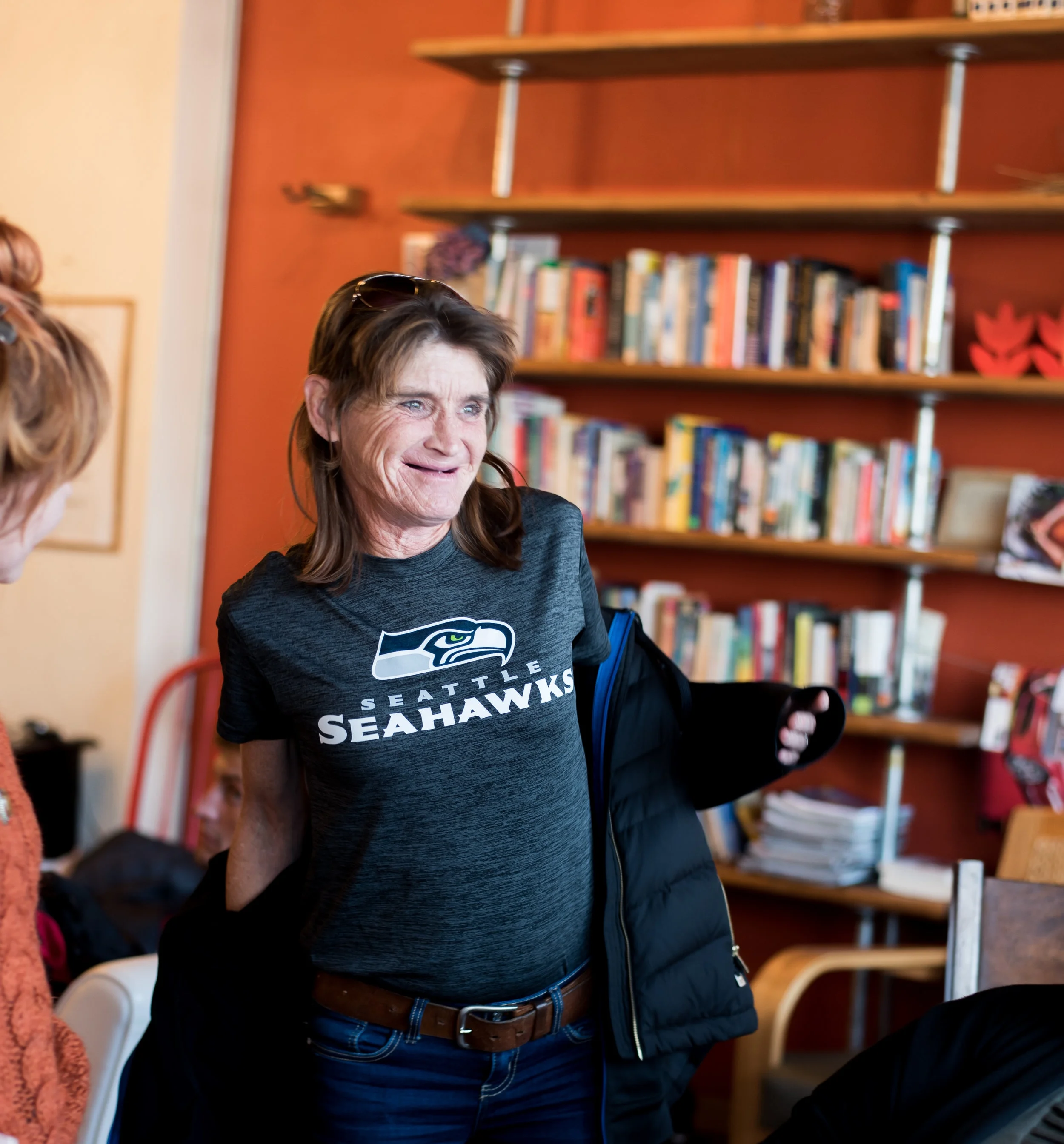FY22 Annual Report
A Place to Call Home
Home is a deeply complex word, a sometimes triggering word, a word of comfort, or a word of pain. For many of our unhoused neighbors, the home where they were raised was where they learned to distrust the world. Home was never associated with warmth, or welcome, or love.
For over 10 years Aurora Commons, our neighborhood living room on Aurora, has been helping redefine what home means for thousands of people. Our doors have been open to our neighbors with the invitation to live life together, regardless of where you spent the night. We’ve shared countless cups of coffee and meals. We’ve celebrated together, birthdays, baby showers, Thanksgiving and Christmas. We’ve grieved together, the pain of trauma, the separation or loss of family and friends. In the highs and lows, and everything in between, we have seen and known one another; and this seeing and knowing has taught us how to love each other.
We choose not to call our unhoused neighbors “homeless”, not because we think that term is derogatory. In fact most often our unsheltered community members self-identify as homeless. Rather, too often housed neighbors put homelessness in a box and then put all of the things they think homelessness is or means in that box. “Homelessness looks like ___, homelessness brings with it ____, homelessness is ____.” By labeling our neighbors “homeless”, we do not allow for the person we are encountering to be a complete person with highs and lows, with creativity and inspiration, with brilliance and compassion, life experience, story, a future. When we talk about our neighbors as living unsheltered, it allows for us to expand our imagination of what homelessness is; it is an experience, not an identity.
Our community of housed and unhoused neighbors has continued to grow and expand within the walls of our neighborhood living room, a physical space owned by a landlord who was running a business. A landlord that every few years needed to evaluate if our presence in their building was contributing positively to their bottom line. We have had to creatively negotiate to keep our home. We were, every few years, at risk of becoming home-less ourselves. Not knowing if we get to stay was deeply unsettling to our community, especially for our unhoused neighbors.
Friends, I’m so pleased to share with you that Aurora Commons has secured our permanent home. With funding from our State Legislature, the taxpayers of Washington State, our dear friends at Bethany Community Church, and the Heartsprung Fund we raised enough money to purchase our property free and clear; we get to STAY and do not have to pay rent or a mortgage! The purchase includes not only the walls our community has filled these past 11 years but also the building to the corner of 90th as well as the parking lot off of 90th & Nesbit. We can finally put our fears of being uprooted to rest. We can dig our roots in deeper, cultivating a sense of belonging and fostering connection, in a space that feels like home.
SAVE THE DATE
come celebrate with us at the Commons on
Saturday, September 10, 1-4pm
Light refreshments provided
Children welcome!
Staff Spotlight: Lorie Ann Larson, Program Manager since July 2021
If you stop by the Commons these days you're bound to meet Lorie Ann Larson, our Program Manager since July 2021. Here's some of her reflections on being part of the community at the Commons:
Why did you want to join the Commons staff team?
Hmmm, that is a good question. I have worked for large nonprofits for more than 20 years and realized I wanted to work for a smaller nonprofit that truly focused on helping unhoused individuals and/or families. When I saw the job posting I was intrigued and when I went to the website I found myself shaking my head in agreement thinking “Yessss!”. As I delved more into the programming at the Commons I found myself feeling excited. Many of the services and programs are exactly what I had been trying to implement at other agencies in various ways.
When I interviewed in person I knew the Commons was where I wanted to be. It was a beautiful, safe and welcoming environment to all. Staff and neighbors were ‘friends’. There was laughter and genuine compassion, all while staff were providing services. And there was a medical clinic onsite!
What do you enjoy about working with our neighbors?
I love building friendships with our neighbors. I enjoy the uniqueness our neighbors bring to our community. They are all truly remarkable and special. Some are jokesters, poets, musicians, writers, and a few fashionistas. During the day we get to chat, learn from each other and celebrate the successes. Some days we are vulnerable with each other and on those days we share compassion for one another, encouragement and even a comforting hug. But I think my favorite thing about working with our neighbors is when we sing and dance to the music while just hanging out together.
Is there anything that these neighbors would want you to share with our community of supporters?
Each neighbor has a story of resilience and strength. Our unhoused neighbors are mothers, fathers and grandparents; they are sons, daughters and siblings. They are human beings who deserve compassion and reverence. Every day I have the opportunity to laugh, joke, love, and /or cry with a neighbor. Spend some time with them, get them a cup of coffee, share a funny story or just sit down with them, and maybe you too will see how remarkable and special they really are.
Would you share a story about a friendship you formed, or a meaningful interaction, with one of our neighbors at Aurora Commons?
Oh gosh, this is hard, there are so many. One interaction that stands out is about a female neighbor who visits us at least once a week. Every visit she will ask for hygiene supplies, clothing closet and sometimes to use the computers. Typically she is in a pleasant mood and smiling. Every once in a while I will see something from the clothing closet I know she will like and set it aside for her next visit. I really enjoy it when she visits and look forward to seeing her smile. One afternoon she came by at the very end of drop in services and was crying. I went to the door to see what was wrong. She could hardly get a word out but I could understand it had to do with her father. Something about not being able to get a hold of him by phone. I asked her if I could get her something to eat or drink. She shook her head yes, went out front and sat on the ground. We sat together for a minute before she gathered her things to leave. As she was leaving she stopped and hugged me. I told her we loved her, she smiled and said “I love you too.”
November Gratitudes
Aurora Clinic care team with some of our Aurora Commons staff on Monday, November 22, first day of clinic!
November marks the launch of The Aurora Clinic, a complement to our existing SHE Clinic. This month is also a time of year that we reflect on the people and things in our lives that we are grateful for. At the Commons, we are grateful for the opening of The Aurora Clinic AND the many people whose work has made it possible:
Our unhoused neighbors who have trusted us to listen to their experiences, and in some cases accompany them, in traditional healthcare settings.
Our founders, Ben Katt, Sparrow Etter-Carlson, and Karen Curilli, who understood that the work of change requires an ecosystem of support rather than the support of any one friend, agency, church or organization, and who were committed to offering the stability of presence and hospitality over professionalized care to our neighbors.
Our partners whose work paved the way and supported the opening of our on-site medical clinics:
LAHAI (fka Puget Sound Christian Clinic) whose team offered foot care inside the Commons and visits with a physician and nurse in their mobile unit. Their faithful and consistent presence was one of the first steps towards offering on-site medical care to our neighbors. LAHAI also shared their medical mobile unit with our SHE Clinic staff when that clinic opened in 2018.
Giana Davidson, MD MPH, who has served on our board since 2017 and been instrumental in the development of our needs assessments as well as the implementation of offering on site medical services.
Lauren D. Hamman, BSN, RN, DNP, who developed and partnered with us to conduct needs assessments with our female-identifying neighbors to document their healthcare needs as well as the barriers to accessing services in traditional healthcare settings.
Dr. Janell Stewart, who has served as consultant in the development of and administration of needs assessments at the Commons, and who will support the Aurora Clinic as a primary care physician.
Drs. Shireesha Dhanireddy and Margaret Green, nurses Monica Brown and Jessica Carrico, and medical social worker Sherice Arnold from Harborview and Northwest Hospitals, who have provided medical and supportive services to our female-identifying neighbors visiting the SHE Clinic since July 2018.
Sound Mental Health who partnered with us to offer the Low Barrier Buprenorphine Clinic. Buprenorphine is used in medication-assisted treatment to treat opioid use disorder. From May 2019 through May 2020, this program operated in our drop-in space every Wednesday. It was full almost every week; often there were more patients that wanted to be seen than there was time available. The demand for this clinic was clear, as was the desire for more comprehensive care.
Dr. John Olson, our Buprenorphine Clinic physician, who partnered with Aurora Commons to conduct needs assessments with our male-identifying neighbors to document the barriers they’ve experienced in traditional healthcare settings, as well as the things they’d seek care for if it wasn’t so difficult to access.
In these assessments the most common barriers to healthcare we heard were fear of being stigmatized or treated badly, or a history of being treated poorly in the past. Specifically we heard: “As a patient, I do not feel respected or heard,” and “They just think I am a drug addict”. We also heard transportation was a big issue, as was navigating the system. As one neighbor shared, “I go one place, they send me another”.Andy Carlson, who dedicated much time to creating a physical space for our on-site clinics. Andy not only did much of the work himself, but he also helped us envision the new space in the planning stages and coordinated with subcontractors and suppliers during the construction phase. We are grateful for Andy’s imagination, commitment and faithfulness to creating a beautiful physical space for the community at Aurora Commons.
Dr. Maria Cocorran, nurse Stacey, medical social worker Ashley Smith from the Aurora Clinic
Our Aurora Clinic care team: Dr. Maria Corcorran, nurse Stacey Jones, social worker Ashley Smith, and patient care coordinator Colette Weese, for their commitment to offer kind, non judgemental care to our unhoused neighbors at Aurora Commons.
In addition to these individuals we are grateful for our funders: Harborview Medical Center, Seattle King County Public Health, & Pacific Hospital Preservation & Development Authority (PHPDA), and their commitment to offering accessible medical services to our unhoused neighbors at Aurora Commons.
Over the past 10 years of being a presence and physical space for our unhoused neighbors there were many more individuals and partners who’ve helped us cultivate a safe, welcoming space. We are grateful for all of you and the time and care you’ve offered to the community at the Commons.
It can not be said enough we are grateful for our unhoused neighbors. They have trusted us with their stories and experiences. We are grateful for the opportunity to honor those voices by offering our male-identifying and gender nonconforming neighbors on-site comprehensive medical care at The Aurora Clinic.
Staff Highlight: Luke Sumner, Community Advocate since November 2019
In our last fiscal year Luke helped 243 male and gender non-conforming neighbors access resources in the city’s larger social service network, as well as COVID relief funds. Every day Luke connects our unhoused neighbors to vital resources, like a phone or ID, which are necessary for accessing other services that support stability and transformation in their lives. We asked Luke to reflect on his work and time at the Commons.
Why did you want to join the Commons staff?
I have been working with neighbors experiencing homelessness and related trauma for over a decade, having found myself experiencing a few radical encounters with amazing people on the streets of Portland. Even since those days, I have been drawn to people and communities who are trying to think differently about homelessness, addiction, and mental illness, and who prioritize community and relationship over services and systems.
This eventually brought me into contact with the amazing Sparrow Etter-Carlson and the Aurora Commons. I was immediately struck by the mission and values of the Commons, and I saw that something beautiful and unique was happening in this small, unassuming storefront on North Aurora Avenue.
When my life and work brought my family to the Seattle area, I reached out to my old friend Sparrow, as I was starting a new drop in space for our neighbors in Everett. We stayed in touch, even as my work in Everett wound down, and when I heard that Aurora Commons was looking for an advocate for male identifying neighbors, I jumped at the chance to work for this amazing community that had inspired me and my work for many years.
What do you enjoy about working with our male identifying neighbors?
I enjoy the opportunity to get to know these wonderful people. The narrative driven by media, politicians, and other groups within the city of Seattle often paints these neighbors as issues to be dealt with, rather than people who are struggling. They are portrayed as lazy, addicted, and a host of other adjectives that paint these neighbors as people who don’t want help and bother well meaning middle class people.
But the people I get to know do not reflect this narrative. They are wise, resilient people who manage to survive the trauma of the streets and still manage to laugh and joke. They are human beings who have dreams and concerns and joys and struggles just like everyone else.
Yes, the trauma of living on the street, dealing with untreated mental illness, and surviving horrific events leads to some challenging behaviour. Any one of us, having experienced what these neighbors have experienced, would act in challenging ways. That is what trauma does to the human body. But these superficial actions are not one's identity. And we do what we can at the Commons to hold space for people and all that they bring with them.
I am so thankful to work in a space that sees people, and not just their trauma. While at the same time making space for whole people, trauma and all.
Is there anything that these neighbors would want you to share with our community?
I think our neighbors would first want you all to know what I said above, that the narrative of homelessness driven by those in power does not reflect the reality of those living on the street. I hear this almost every day, as I listen to stories from neighbors who have been ignored, rejected, and treated poorly, just because they live on the street and are dealing with the subsequent trauma.
I talk with people every week about what they want to be when they grow up. About what movies and books we both love. About family and friends. About favorite foods and beloved pets. We share about life and love and heartbreak. All of these things cannot be seen when one only sees the shallow painting painted by the broad, sweeping brush of the dominant narrative.
Just today, I sat with someone, who, as we finished up our conversation, asked me if they could be honest. They looked me in the eye and said: “I just want to say thank you. I have been to a lot of places around town, and this is the first time I feel like I have really been seen. As a person, and not just a problem. So thanks. You all are very welcoming”
How have you been impacted by doing this work?
I have been impacted in so many ways through this work. One of the most profound things that has impacted me has been seeing how important it is for us to listen to people who have experienced homelessness, addiction, and mental illness. Having been in conversations for many years with people, from politicians and city leaders, to social workers and nonprofit leaders, I am amazed at how little those with actual lived experience of homelessness are invited to the table.
This work has convinced me that I can’t engage - much less solve or alleviate - any issue unless those most affected by said issue have a place at the table. And not just a place at the table, but we actually LISTEN to them. Let their wisdom guide us. Because as long as we treat people who live outside like issues to be solved, and not neighbors who also have a stake in creating a community in which everyone can thrive, we will continue to see the disconnect that happens when a city engages homelessness.
Aurora Commons 2020-2021 Impact Report
It’s always amazing to step back and see the collective numbers of how we, as the Aurora Commons community, were impacted in the last year.
Click here to download the full Impact Report for July 2020 - June 2021.
Updates at the Commons: Renovation, ED parental leave, and more!
Updates at the Commons from Executive Director, Elizabeth Dahl Helendi
Dear friends,
My husband and I are expecting our first child (any day now!) and before I officially go on parental leave for the next few months, I wanted to share some exciting news and updates with you all.
Throughout the past year and a half of wildly unexpected and challenging times, Aurora Commons has continued to be a place of compassion and connection. We have served over 20,000 hot meals; our advocates have helped hundreds of people access resources like getting ID, stimulus checks, and benefits; they have supported over 40 people in connecting to permanent housing and shelter.
The depth of support from the Commons community that has made all of this possible is truly humbling. I especially want to thank our dear friends and community at Bethany Community Church (BCC).
BCC stepped in to fill many gaps this year. Volunteers from BCC have been making breakfast burritos and breakfast sandwiches for our unhoused neighbors three days a week for over a year. They have held clothing & supply drives and put together hygiene packages. In addition to the many ways they have stepped in to support the Commons and our unhoused neighbors, the BCC community recently raised over $1 million dollars for Aurora Commons to invest in our permanent home.
Very soon we will be able to realize an expansion of the Commons that has been a year in the making. Last summer we took over the lease of the space next door. Since then, Andy Carlson and volunteers have been working to transform that space into a beautiful expansion of the Commons. For those of you who have been connected to the Commons for a while, you’ll especially appreciate the newly installed air conditioning(!!). The expansion will provide two private exam rooms for our SHE (Safe Healthy Empowered) Clinic & later this summer will be home to the expanded Aurora Clinic, offering a wider array of primary care services for all of our neighbors who need them.
While we plan to stay at our site for the duration of our lease, we are also evaluating our options beyond the term of the lease. We have the incredible opportunity to purchase property with generous support from Bethany Community Church, and with a match from the Heartsprung Fund, State and City funding, and other partners.
Whether we are here at our current location for the next few years or for the next 20, our commitment is to this neighborhood and to our precious community who continue to find belonging on our stretch of North Aurora Ave.
I am very excited for this next season as much of the groundwork has already been laid, and I am confident that Aurora Commons is in great hands while I’m away. The way the Commons staff support each other and our community with compassion, authenticity, and grit is remarkable. In addition to our incredible staff, please join me in welcoming our Interim Executive Director, Laura Skelton, who will be with us until I return in early December. Laura has stepped in and already proven to be a fantastic fit and a skilled leader, we are lucky to have her on the team.
Thank you to all who have held Aurora Commons in your hearts and prayers this season, and for those who have been able to support us with your time, gifts in kind, and financial support, it has carried us through. Looking forward to seeing you soon!
Gratefully,
Elizabeth Dahl Helendi
A Letter of Transition from Co-Founder Sparrow(Lisa) Etter Carlson
Who of you are tired out there?
Who of you are weary?
Who of you have lost a friend or family member?
I greet you in your grief, in your uncertainty, in your pain and your exhaustion.
My god, what a year.
I must also greet within you the ways that this year has brought some things into focus. The places within you that have been tilled and harrowed so hard that something new has been birthed or must be.
I put before us now, all the ways we long for a new way. The jaw clenching hope we must dare have for the reordering and restoration of our society and ask the wind of courage to blow hard and the ground beneath us to remind us of our common humanity. The fact that we are inextricably bound together must be our sustenance for the long road ahead.
As many of you are bone dry and thirsty-I ask you/beg you to keep on. And I thank you for how far you’ve come. I thank you for believing in and supporting Aurora Commons as an expression and animation of our collective hope.
It’s been this absurd, jaw clenching hope of a new way and the brief glimpses of restoration and healing that has kept me sustained for the last 12 years of co-creating and nurturing Aurora Commons.
As a Co-Founder of Aurora Commons; a partner, creator and midwife of our programs, it has been an extraordinary honor to be a part of growing this beautiful community response from its inception in a backyard to what it is today. Now, after careful deliberation, I have determined that the time has come for me to step down and onto something new. I’m sure you can understand this decision does not come easily, but it is emboldened by my deep belief in the organization. The Commons has become widely recognized as an innovative model of care, and as an essential fixture in Seattle’s social fabric. My resignation comes at a time of expansion, financial stability and growth, for which I am truly grateful.
Like many of you, this year has been a refining fire in my life and my slow burning desire has turned into a call to create a new expression of care in this Aurora community called Sacred Streets. I will still be around Aurora Commons as a Founder and will continue to grow and deepen my relationships with our unhoused neighbors, but my focus will be more on consulting and education as well as soul care on the streets. Please know that I bless this place and it’s people and leave with more certainty than ever that the Commons is the most special place I have ever been a part of.
I wish more than ever that we could gather together, that I could see each of your faces and embrace you but alas, that time has not yet come but I can almost taste its sweetness in the anticipation. As I approach my formal end to “job duties” here at the Commons, please know I think of all of you and welcome any questions, comments or encouragement. Thank you again, each of you, for your continued belief and support in the Commons. And thank you, each of you, for your belief in me through the years. I look forward to seeing you still and continuing on in the good hard work.
Please keep on.
And may we keep on until there is no more breadline.
And- please keep in touch!
sparrow@oursacredstreets.com
oursacredstreets.com
Your neighbor in the journey-
Sparrow Etter Carlson
Co-founder, Aurora Commons
Help us celebrate & encourage Sparrow onto her new adventure on Aurora Ave.
Post a photo, memory or word of encouragement to this online board to share with her.
Updated COVID-19 Resource Guide
SUBS Clinic Update & Story
A reflection from Luke Sumner, Community Advocate at Aurora Commons:
As a Community Advocate at Aurora Commons, some days, it is easy to feel down. There are so many needs that it is impossible to meet them all. People need housing and jobs and healthcare and hundreds of other small things on top of the constant trauma of the street, and the reality is that, although we do all we can, we cannot fulfill all these needs, and indeed, we are working within a system that makes it seem all but impossible sometimes.
On those hard days I often find myself going back to one of the core values of the Commons: That “building relationships and giving our authentic attention must remain the heartbeat at our center and woven through everything that we offer and build.” At the end of the day, if we have been true to that part of our work, we have done what we are called to do.
As we commit to building relationships and community, real and tangible good things can happen, I was able to see that this last season in the lives of two of our community members.
Both Shadow and Tiger were not looking good the first time I saw them. They each were living on the street, had numerous health concerns, and struggling with addiction. Not surprisingly, they both could be challenging to work with, as all they were going through would break anyone. I can remember once, another friend on the street who knew Tiger said very casually, “I love him, but let’s be honest, he is probably going to die on the street.” It was heartbreaking.
Aurora Commons continued to welcome them in with open arms. We got to know these two wonderful people, they became our friends, and then they both were able to connect to our low barrier Suboxone clinic. Hosted at the time in partnership with Sound Health, the SUBS Clinic is an accessible way for people who wanted to stop using opioids to connect with care in the Commons space.
Healthcare is often a huge barrier to people living outside and struggling with addiction, due to stigma and transportation and a host of other issues. Watching the SUBS Clinic work was truly amazing. Lisa, helped to begin a clinic that met needs while being welcoming in every way. Nada Jean Willis, our nurse, was a beam of sunshine, helping people feel comfortable and safe, and answering any questions about the clinic. Dr. John Olson was warm and easy to talk to, and had zero judgment as he did his work. I saw people that were obviously wary of doctors, leaving ten minutes later, shaking hands with him like they were old friends. Rick and Cinnamon helped people connect with mental health and more intensive substance use treatment. Katie Ross - our amazing host and beating heart of the SUBS Clinic - helped facilitate a space where people could navigate an incredibly challenging part of their lives with care and compassion.
Through that space, I watched Shadow and Tiger begin to take control of their health. They stayed on Suboxone, talked with people at the clinic about other health issues, and worked with case managers at REACH about other things like housing. It was within a few weeks of one another that I heard both Tiger and Shadow had found housing.
I have seen them both in the last few weeks, and it is so wonderful to see them. Shadow is smiling and happy and his usual suave self, charming all those around him. Tiger has a skip in his step, and the few times he has come around since getting housing, I see him making the rounds, checking in with everyone, and flashing his trademark smile.
This is something all of us at the Commons should be proud to celebrate. But it didn’t come out of the blue. It came out of our commitment to the values this community has carried for almost a decade. To welcome people in with open arms regardless of their circumstances. To build a community where people are defined not by their drug use or sex work or any of the other labels are friends on the street received, but by their inherent worth as human beings, who each have something to bring not only to our community but to our world.
This is made possible by everyone that makes Aurora Commons a reality. From our amazing staff and donors to those who share about our work in Seattle. I have been working with neighbors living outside for over a decade, and I can tell you unequivocally that Aurora Commons is a special place, and that the work we do is holy and beautiful.
And in the midst of these uncertain times, I am so thankful to be a part of this community and this work.
Luke Sumner
Community Advocate at Aurora Commons
_____________________
We are excited to announce the SUBS Clinic will now be partnering with Neighborcare Health!
We are be re-launching our low barrier Buboxone clinic for male identifying and gender non-conforming guests with Neighborcare Health on Wednesdays from 2-4p.
What's Happening at Everspring Inn?
A note from Lisa, Co-Founder & Director of Programs, regarding the Everspring Evictions:
Maybe some of you have been privy to Aurora Commons on the ground advocacy work with and for the tenants of Everspring motel over the last two weeks? If you are not aware - then I want to encourage you to click on the links below to catch up. But - most importantly - we want to share this with you because this work is absolutely an extension of YOU, of all of us. And we are grateful for your continued support and advocacy.
Here are a few news stories that amplified the stories of our people and brought to light the reality of the illegal eviction activities that went down and are continuing to unfold at Everspring.
https://www.seattletimes.com/seattle-news/mass-mid-pandemic-eviction-creates-chaos-at-a-seattle-motel-thats-a-refuge-for-homeless-populations/
https://crosscut.com/news/2020/08/motel-eviction-exposes-gaps-seattles-low-income-housing-options
https://thecisforcrank.com/
Now, to offer you the update that I have shared with neighbors, partner agencies and our board:
The whole Everspring situation has been very confusing and disheartening on all fronts. First, I want to assure you, that we (Public Defender Association/PDA, Commons, etc...) do not want the Everspring to remain open, nor do the tenants. We just want to assure that 50 people are not all the sudden displaced in our already over-populated area of displaced people. Originally, our main concerns were:
1.) Is this even legal?
2.) If it is, has due diligence been done (courts, process, support etc)?
The answer to these questions, we found, were no.
Even more problematic was the fact that no one (Human Services, SPD, Fire Department, SDCI) seemed to know what was going on or be in communication with one another, let alone us at Aurora Commons. The tenants, the Everspring - everyone was just turning their backs. So, now - we are working to try and get relocation assistance so that the 15+ individuals still there, and the 20ish that left out of fear are supported and not displaced. This is proving to be challenging. We have been greasing the wheel for a number of weeks now with very slow traction.
As far as offering some kind of case mgmt and referrals, LEAD, NAV team and Aurora Commons have been on the ground and will continue to be there trying to relocate folks.
We have been in contact with SDCI but they are saying that relocation assistance isn’t available for this situation for technical reasons about the cause of the impending homelessness. I am flabbergasted by this, as many of the Tenants have lived there for 2-4 years and were illegally evicted during an Eviction Moratorium. This currently is our #1 pressure point, the relocation support, then, and I feel like- only then- will we be able to get folks out, safe and then finally the owner can legally close and shutter the "Nuisance" that is the Everspring.
Additionally, PDA, myself (Aurora Commons) and LEAD are in constant contact with tenants who are not being allowed back into the Everspring, even though, the owner and his attorney said they would allow Tenants who have stayed there more than 14+ days back in to pay rent/and or retrieve belongings until the Eviction notice has gone through the proper channels. We are also providing additional rental assistance for tenants that are willing to go to another motel while we continue to push for a moral long term solution.
UPDATED COVID-19 RESOURCE GUIDE
COVID-19 Resource Handout
Aurora Commons FY19 Annual Report
A Reflection on KOMO's Seattle is Dying
Last month when KOMO 4 aired Seattle is Dying, it became a story that quickly spread across the city. References proliferated online, in my email, and in conversations before I even had a chance to see it. The title, the tone of the narration, and the music gives one a sense of fear and foreboding. Within the first minute of the video, the journalist establishes his premise: Seattle is “a beautiful jewel that has been violated…[by]…lost souls who wander our streets, untethered to home or family, or reality, chasing a drug which in turn chases them.” Dying is suggesting that Seattle doesn’t have a homelessness problem, we have a drug problem.
The danger with the message in Dying is that it blames the issue on our neighbors who are experiencing homelessness (using drugs or not), those who have the least amount of power to change our broken system. It perpetuates disdain and fear for our neighbors who are forced to sleep outside that only makes their lives more unbearable and more unsafe. It is clear that the message in Dying struck a nerve; the people in this city and surrounding areas are desperate for homelessness to be solved. But blaming the people suffering the most isn’t a solution.
First and foremost, Seattle has a housing crisis. Seattle’s homelessness crisis is mirrored in other cities that have experienced the same kind of exponential growth. Real Change nailed it in their response to Dying: “Four years ago, Seattle ranked sixth in the nation on the GINI Index, a measure of income inequality. But in 2017, we went to the top of the list, in a dead heat with San Francisco for most unequal city in America. Seattle is not “dying.” Seattle is splitting. …The prosperity at the top makes the anguish in the streets all the more galling.”[1]
Seattle has experienced a 12% average fair market rent (FMR) increase every year since 2014. According to a McKinsey study commissioned by the Greater Seattle Chamber of Commerce “…homelessness has risen in line with the fair-market rent (FMR).”[2] There is simply not enough housing for people who can’t keep up with Seattle’s high rents and high skilled jobs. Eighty-three percent of people experiencing homelessness who were surveyed by the Point in Time count in 2018 said the last place they were housed before they became homeless was King County.[3] The majority of the people living outside were already here when they became homeless, but to get back into housing they are required to do a housing assessment. The waiting list has been frozen for 4 months so no matter who fills out the housing assessment, they can’t even go on a waiting list.
We also know from both history and research that jailing people with mental health or substance use disorders does not solve homelessness, especially when there is no actual housing to bridge people to when they get out of jail or prison. We have 40 years of evidence that turning people who use drugs into criminals does not solve addiction. In 1971, President Nixon declared a war on drugs.[4] Incarceration has increased by almost 700% since the war on drugs was declared, while our US population has only increased by 51%.[5] Opioid use and deaths, instead of decreasing after the war on drugs was declared, spiked until it became a crisis.
We need more resources for people who are experiencing homelessness and using drugs. In some states people can get into treatment in a matter of hours. Though Seattle is working towards a “treatment on demand” model, due to staffing shortages attributed to lack of funding it can still take weeks, or even months. Seattle is Dying concluded the answer to homelessness is medication-assisted treatment (MAT). We have had MAT in Seattle for over 46 years thanks to organizations like Evergreen Treatment Services (ETS) . MAT is the use of medications with counseling and behavioral therapies to treat substance use disorders and prevent opioid overdose.[6] Aurora Commons is one of many organizations connecting people to this treatment. The Commons has been working with Harborview, ETS, and Community Psychiatric Clinic (CPC) to bring MAT access to our unhoused neighbors on site, every week. The challenge with MAT is that when someone is connected to the medication and still sleeping outside in the same community with the same barriers to care, the instability of daily survival makes staying in treatment exponentially more challenging. As with all things, the issue is complicated.
The good news is we have a seen a model in Seattle that effectively addresses this complex issue. In 2005, Downtown Emergency Services Coalition (DESC) started a low-barrier housing program called 1811 Eastlake. DESC partnered with the Addictive Behaviors Research Center of the University of Washington to evaluate the program.[7] What they discovered was that the annual average cost to the City of Seattle for “homeless chronic alcoholics who are the heaviest users of publicly-funded crisis services” was $86,062 per person, per year.[8][9] After only one year of being housed, the residents’ alcohol use decreased and the average cost to house the participants in the program was $13,440.[10] That is a savings of $72,622 per person. With only 75 people in the program, that adds up to a yearly savings of five million dollars. Read more about the program here. Imagine what this city would look like if we saved money AND housed people.
People who have access to resources, people who can afford to live in the Emerald City are the ones who are best equipped to change the realities of people experiencing homelessness. If the journalist from the KOMO piece had used his voice to call for more housing, for greater prison reform and for more rapid access to treatment and MAT, we would have cheered his efforts. The power to change a city cannot rest on the people who are suffering needlessly without shelter. It lies with us. We have to see this crisis as a community-wide problem and stop putting blame and stirring up hate for people who don’t have power and privilege - that’s how people get killed. It begins with fear and dehumanizing our neighbors and ends with violence. In October, our unhoused friend and neighbor Danny was shot and killed by a housed person who called him a nuisance. This city was not outraged. Perpetuating a hateful response to people who use drugs and are unsheltered is dangerous, changes nothing, and serves no one’s interest.
We have spent a lot of time at Aurora Commons pleading with our community to believe that all lives are precious. That our neighbors include all of the people in our communities who reside there, housed or unhoused. We have created an incredible community of people who are behind this mission. Thank you. Our response to homelessness in our neighborhood is connection, community, and relationships. We provide our unsheltered neighbors a safe space and help them bridge to vital resources to increase their stability, safety, and health. The result of this investment translates into lives changed, including our own. “If we have no peace, it is because we have forgotten that we belong to each other.” Mother Teresa. Community and a corresponding network of care, combined with enough housing options for people to survive in this growing city, is the solution.
And, to our friends and neighbors experiencing homelessness, who may or may not use drugs, who sleep outside: you are not “wretched souls.” You are not a nuisance. You are our neighbors. You matter. You are worthy. You have value. We believe in you and we love you.
There have been many great responses to Dying, here are some links:
Are arrests the answer to homelessness? Seattle Police chief says no
King County regional leaders respond to recent homeless conversation
[1] https://www.realchangenews.org/2019/03/27/seattle-splitting-not-dying
[2] https://www.mckinsey.com/featured-insights/future-of-cities/the-economics-of-homelessness-in-seattle-and-king-county
[3] https://www.seattletimes.com/seattle-news/homeless/do-homeless-people-come-to-seattle-for-help/
[4] https://www.vera.org/publications/price-of-prisons-what-incarceration-costs-taxpayers
[5] https://www.politifact.com/truth-o-meter/statements/2016/jul/10/cory-booker/how-war-drugs-affected-incarceration-rates/
[6] https://www.samhsa.gov/medication-assisted-treatment/treatment
[7] https://www.desc.org/what-we-do/housing/1811-eastlake/
[8] https://www.desc.org/what-we-do/housing/1811-eastlake/
[9] https://www.desc.org/wp-content/uploads/2017/09/DESC_1811_JAMA_info.pdf
[10] https://www.desc.org/wp-content/uploads/2017/09/DESC_1811_JAMA_info.pdf
Limping With Loss--Learning How to Dance Again (a story of a community holiday party)
A Tree All Dressed up—The Outrageous Extravagance of Love
I always ask around the Commons if we should decorate for the holidays. It’s a shared space—our communal home and those twinkling lights can sometimes feel like a strobe light illuminating our most painful losses. “It is hard” a friend tells me, “It is hard and can make it worse, but it might be worse to not decorate, to ignore the crappy feelings, to pretend its not happening. So yeah, lets put some lights up”. So yeah, the lights go up and the most special of all is that someone brings us a tree, a really special tree—teaching us about the outrageous extravagance of love.
Annual Report
Thankfulness and Pain — a reflection on grief and gratitude, for you, from the Aurora Commons on Thanksgiving Day
On this day of thanksgiving we often gather, often around food, around the idea of gratitude. Thanksgiving often prompts the question of “what are you thankful for?” Asked over and over this question often feels trite and we can answer it easily without much thought. Being at the Aurora Commons what I learn is that gratitude isn’t a location as much as it is a journey, and an arduous one at that.
